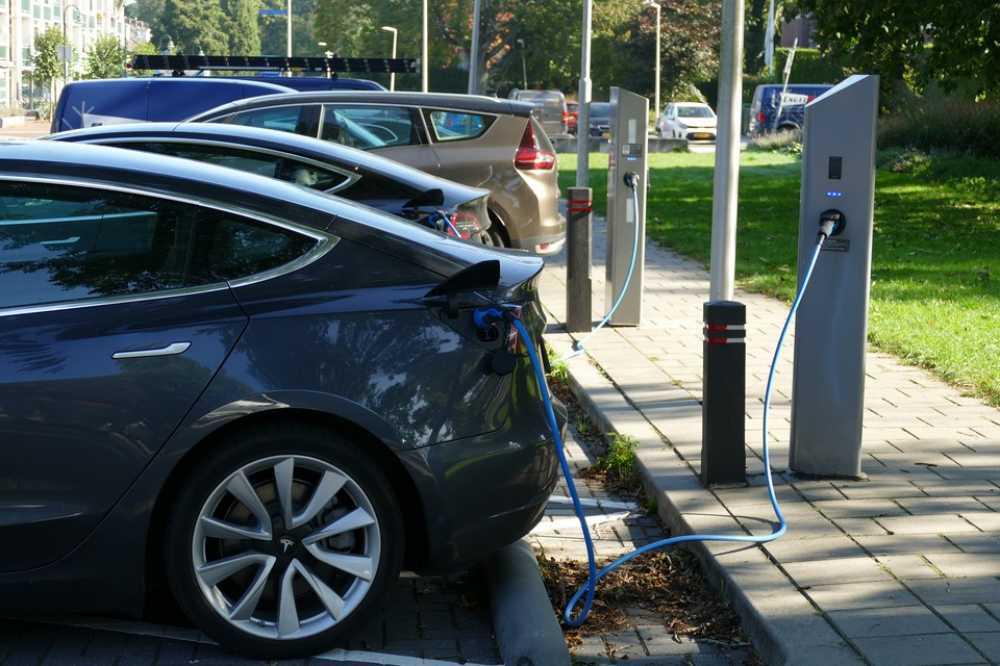
- :::Home
- HK Technologies
- Solid-state Electrolyte for Lithium Batteries
Solid-state Electrolyte for Lithium Batteries
NAMI’s solid-state lithium metal battery can work under low temperature down to -20°C. The solid state electrolyte has a high ionic conductivity (>10E-3 S/cm) over inorganic solid state electrolyte.
- NAMI’s solid electrolyte is fully compatible with existing lithium ion battery fabrication process and tools as the electrolyte is applied via a liquid precursor followed by an in-situ polymerized once applied.
- It does not require new battery fabrication scheme as the typical inorganic and brittle solid electrolytes do.
- The electrode-electrolyte interface impedance is reduced and the battery cycle life is extended by reducing the dendrite formation.
- High gravimetric energy density
- Lightweight and safe
- Fully compatible with existing process
- Cost-effective
- Gold Medal at the “2022 Geneva International Exhibition of Inventions”
- Drones
- Smartphones
- Electric vehicles
As a Materials Expert, Nano and Advanced Materials Institute (NAMI) has a strong portfolio of innovative technologies to support and collaborate with the industry, offering frontier-applied research on advanced materials as well as technology transfer for commercialization success.
NAMI, incorporated in 2006, is designated by the Innovation and Technology Commission of the Hong Kong Government as a Research and Development Center for nanotechnology and advanced materials. NAMI undertakes and provides support for market-driven research in nanotechnology and advanced materials, and strives for commercialization of the technologies to benefit the industry and the society at large, as well as re-industrialization to promote the economic growth and sustainability of Hong Kong.
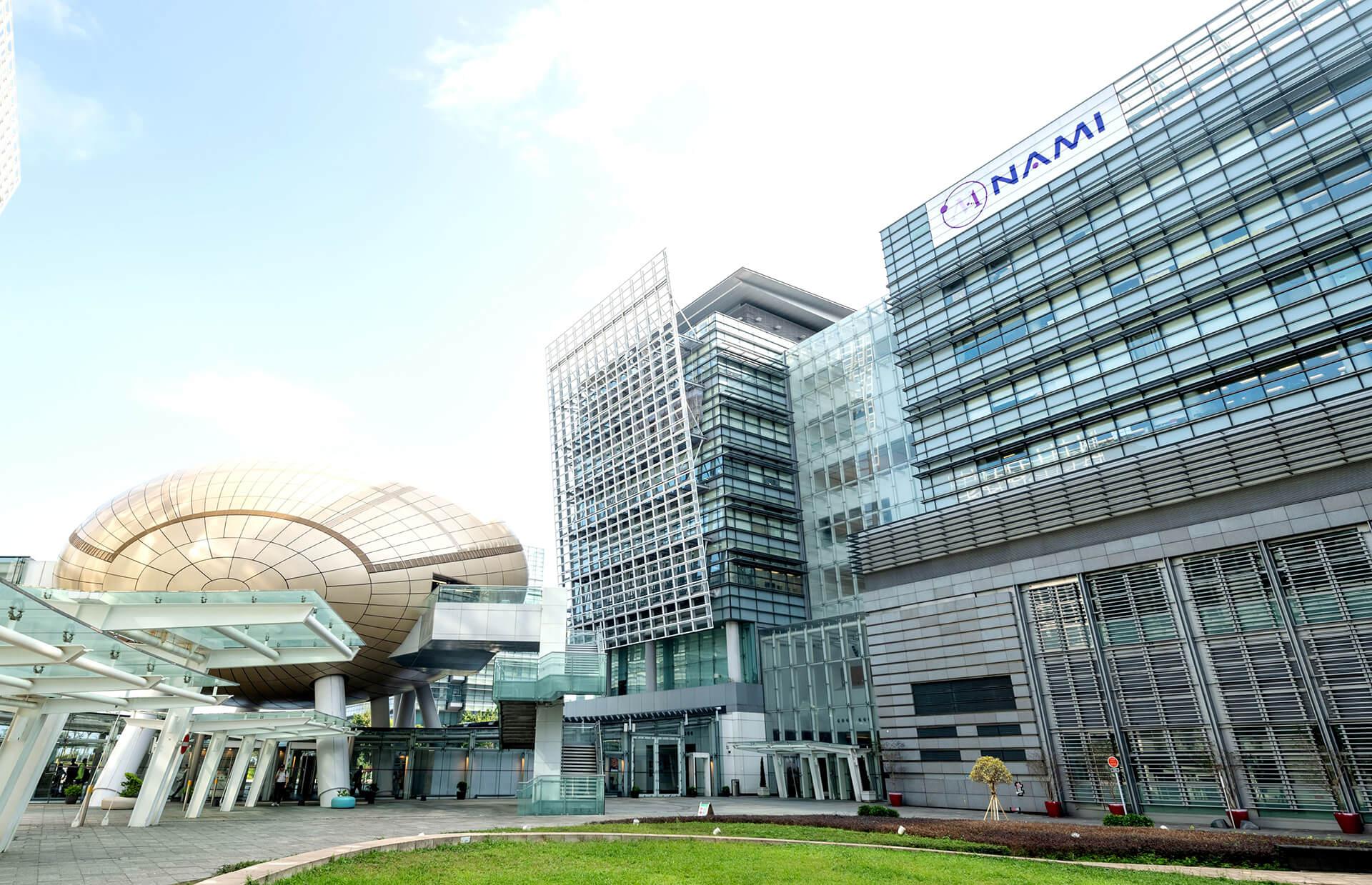
-
 Ultra-hard, Anti-scratch Sapphire Thin Film Technology
Ultra-hard, Anti-scratch Sapphire Thin Film Technology -
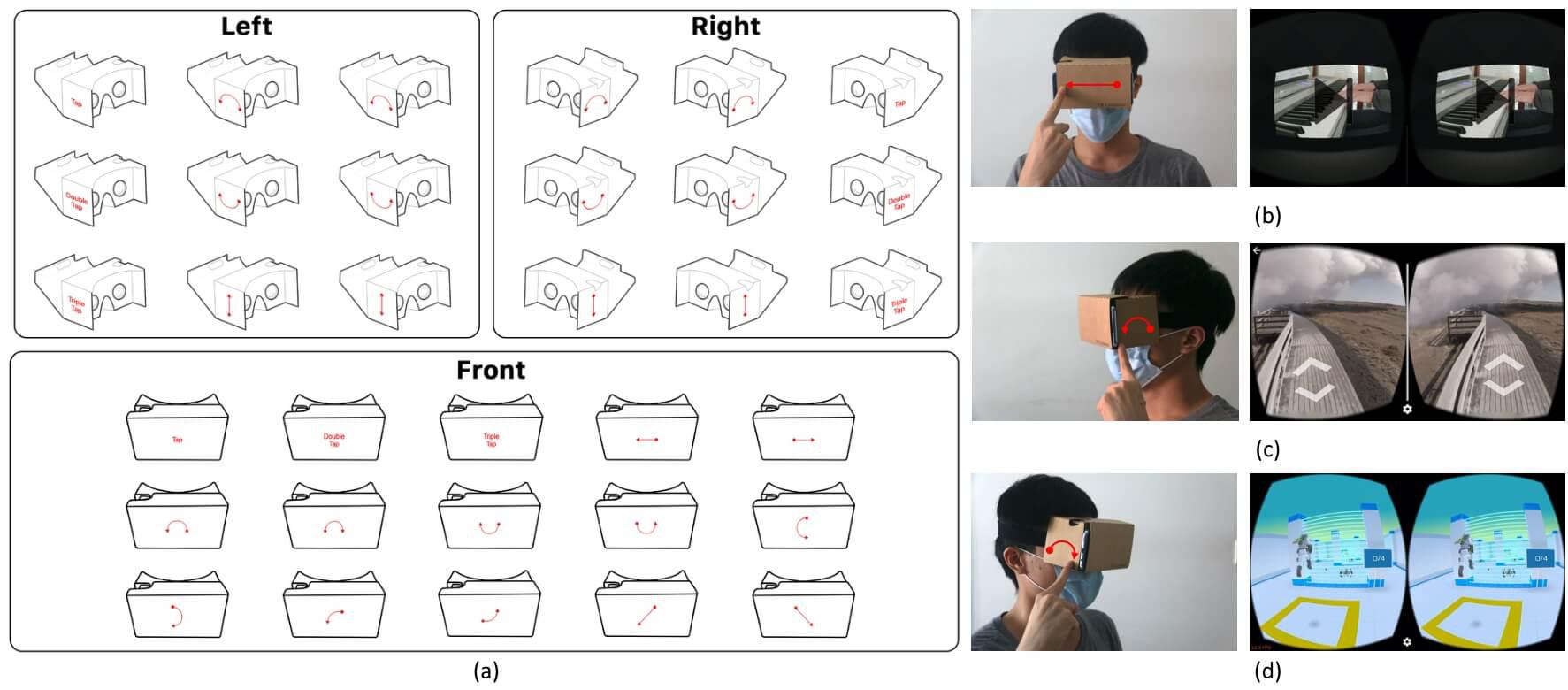 Method of Enabling Gesture-based Interaction on the Surface of a Low-cost VR Head-mounted Display
Method of Enabling Gesture-based Interaction on the Surface of a Low-cost VR Head-mounted Display -
 Washable Antiviral and Antibacterial Textiles
Washable Antiviral and Antibacterial Textiles -
 Pure Electric Minibus with Swappable Batteries
Pure Electric Minibus with Swappable Batteries -
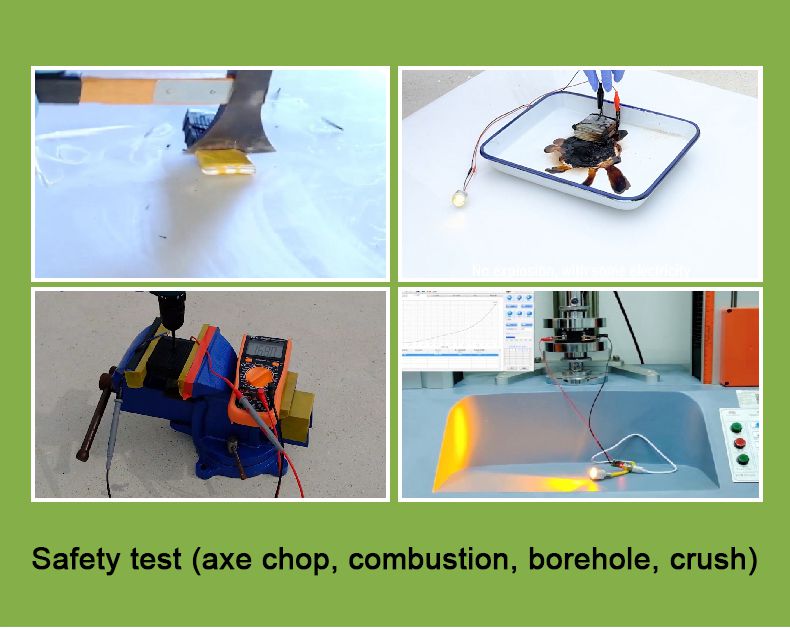 Aqueous Batteries with Ultimate Safety
Aqueous Batteries with Ultimate Safety -
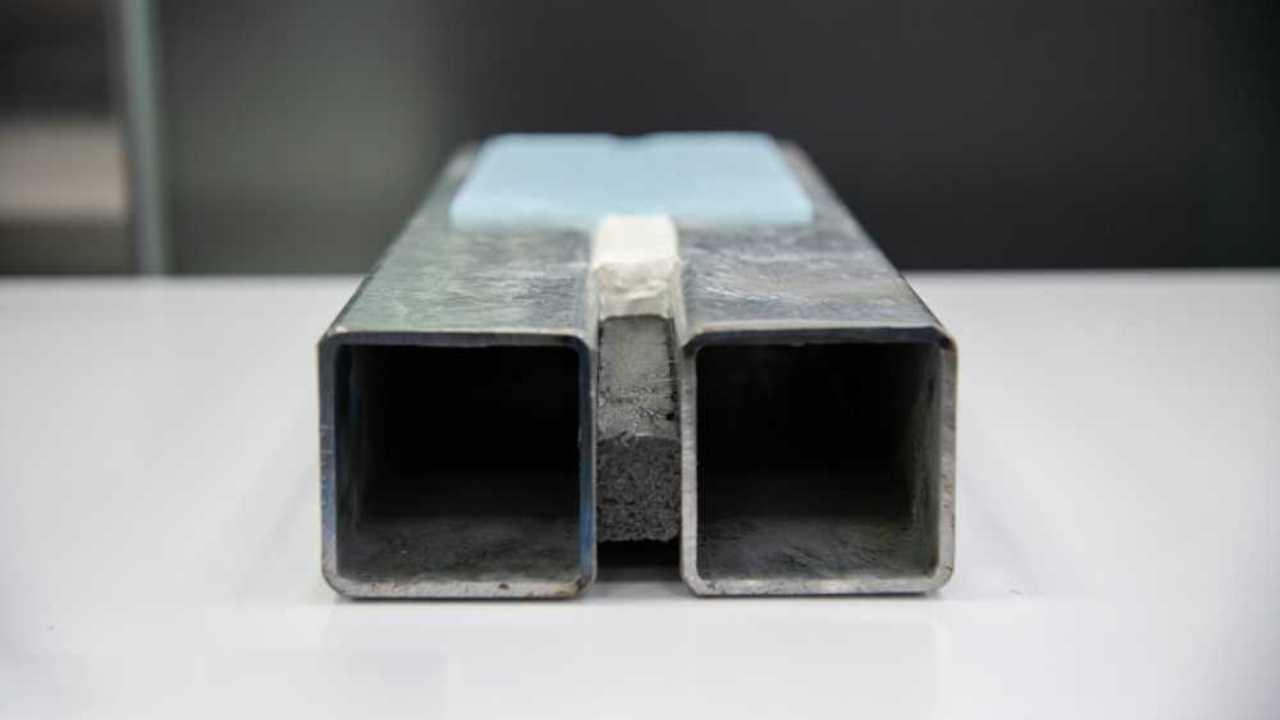 Fireproof, Smokeproof and Waterproof Module Stitching System
Fireproof, Smokeproof and Waterproof Module Stitching System -
 Smart Pier and Coastal Structure Monitoring System
Smart Pier and Coastal Structure Monitoring System -
 Acoustic Metamaterials
Acoustic Metamaterials -
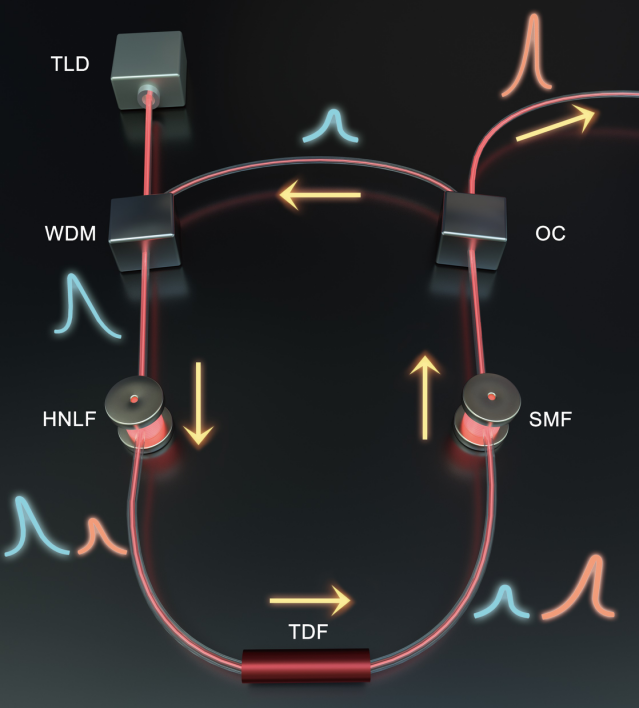 Hybrid Optical Parametrically-Oscillating Emitter (HOPE)
Hybrid Optical Parametrically-Oscillating Emitter (HOPE) -
 Firm-to-Soft Intelligent Floor Mat for Fall Injury Prevention
Firm-to-Soft Intelligent Floor Mat for Fall Injury Prevention -
 Mobilised EV Charging Service Vehicle and Combo Fast Charging Station
Mobilised EV Charging Service Vehicle and Combo Fast Charging Station -
 Copper-based Air Filter with Fast Virus Inactivation Ability
Copper-based Air Filter with Fast Virus Inactivation Ability -
 Antiviral Hydrophobic Surfaces via Laser-Structured Copper Nanoparticles
Antiviral Hydrophobic Surfaces via Laser-Structured Copper Nanoparticles -
 Portable Thermal Sterilizer for Surgical Masks with Laser Induced Graphene
Portable Thermal Sterilizer for Surgical Masks with Laser Induced Graphene -
 NAMI's Smart Protection Materials
NAMI's Smart Protection Materials -
 Hybrid Moulding Technologies with Effective Adhesion/Bonding Mechanism
Hybrid Moulding Technologies with Effective Adhesion/Bonding Mechanism -
 Optical Soft Skin System for Multimodal Sensing
Optical Soft Skin System for Multimodal Sensing -
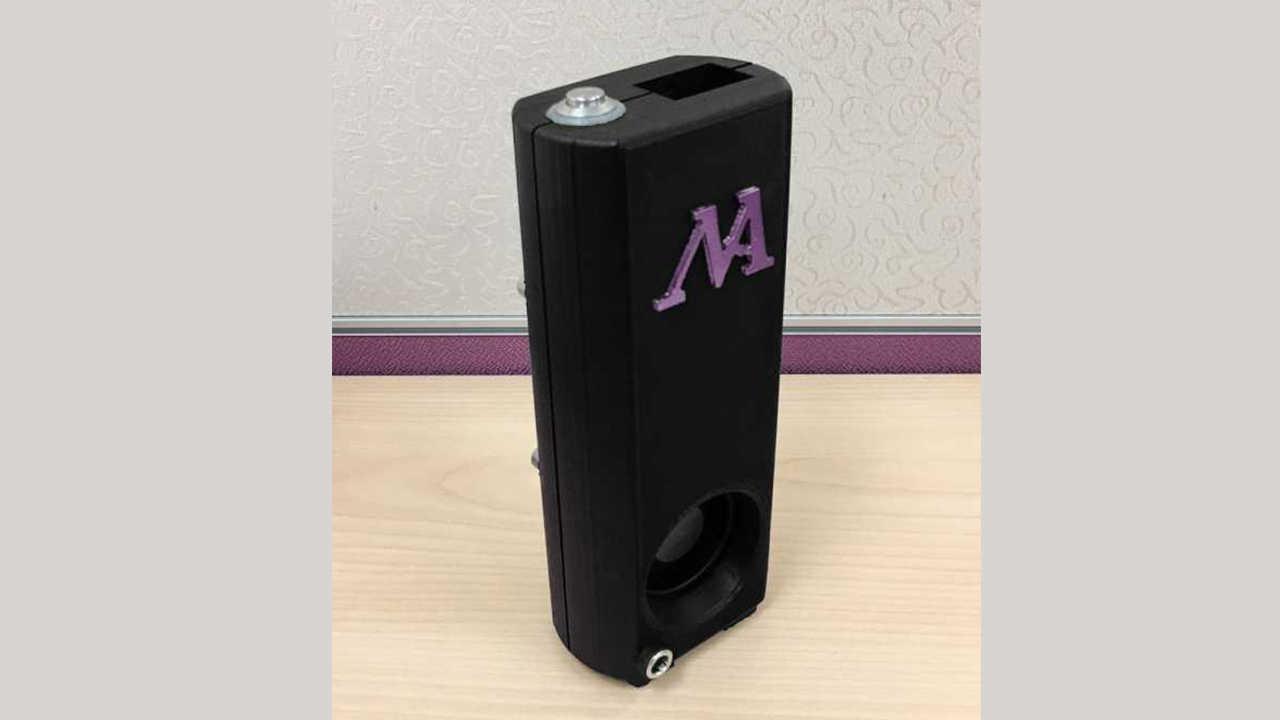 Plasma-Driven Catalysis (PDC) Air Purification
Plasma-Driven Catalysis (PDC) Air Purification -
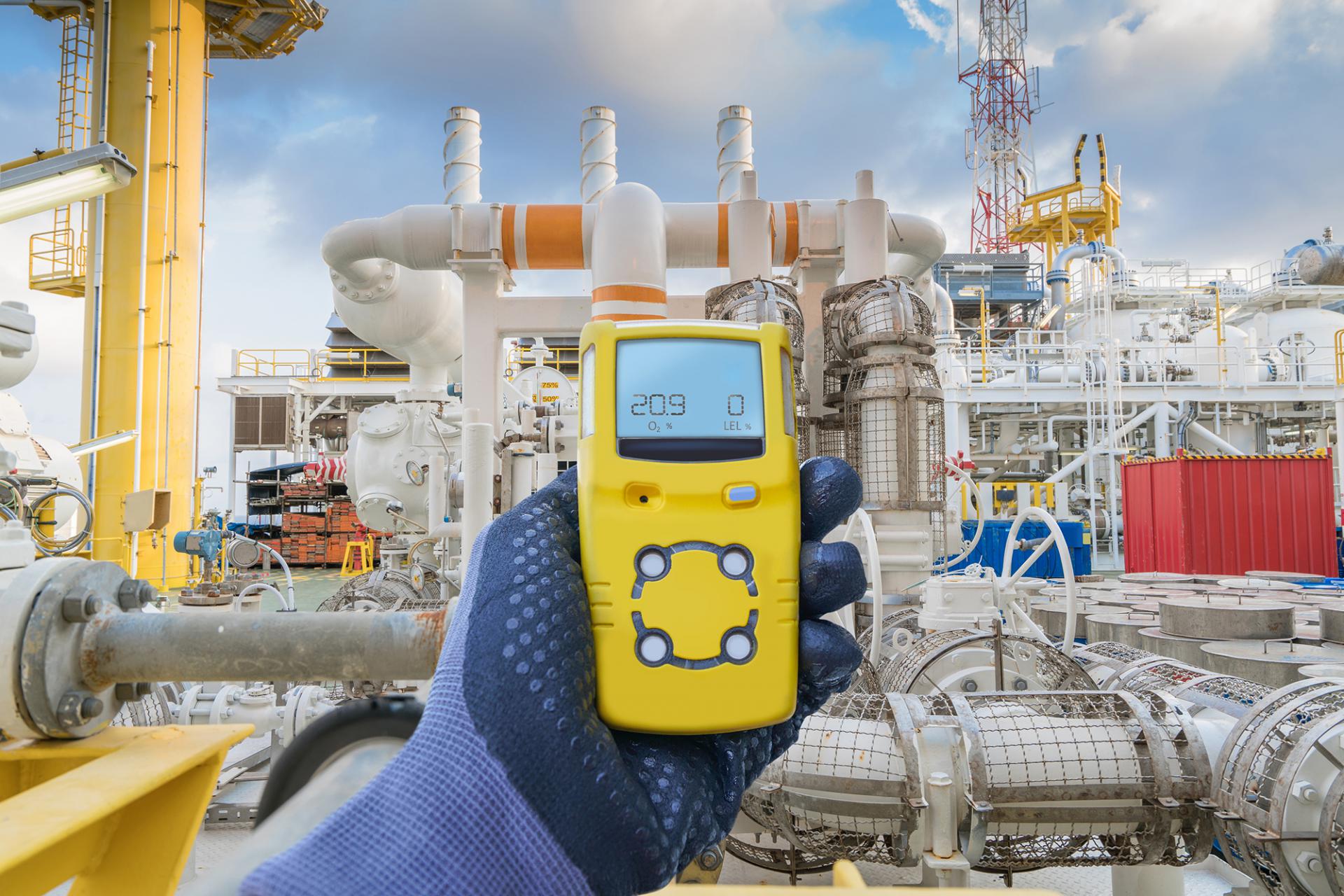 Nanostructured Gas Sensors
Nanostructured Gas Sensors -
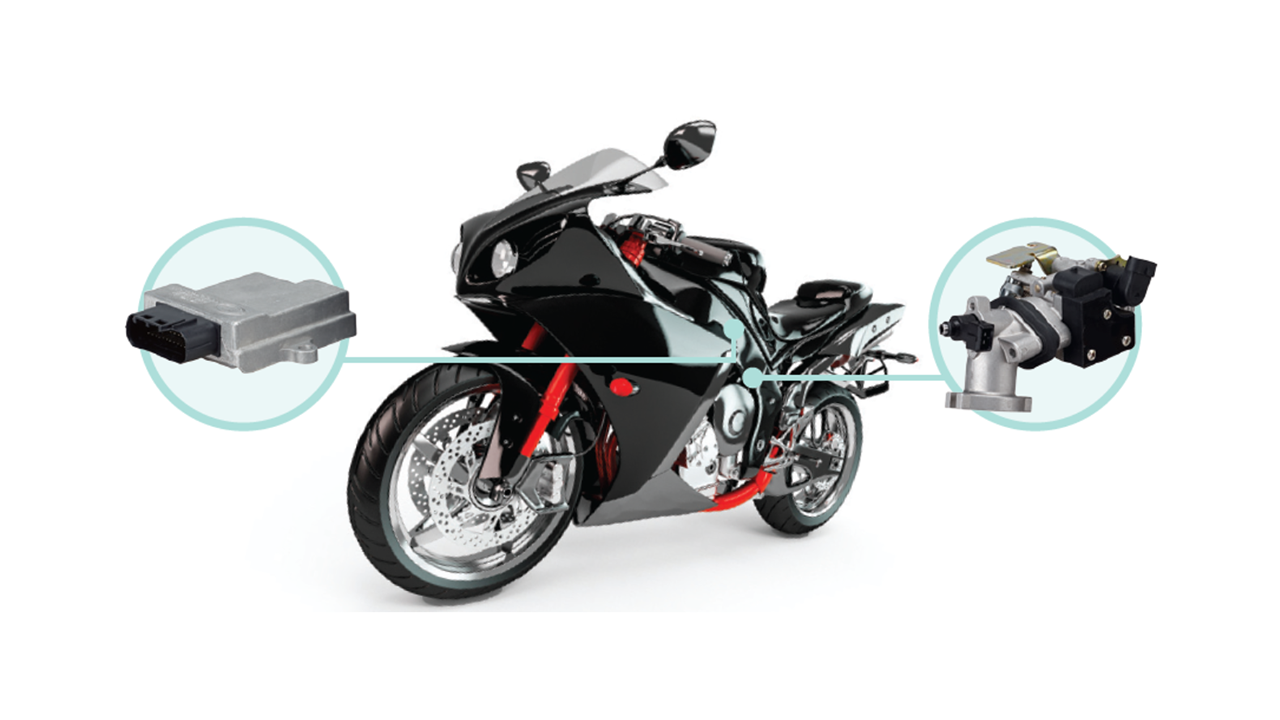 New Generation Advanced Motorcycle Electronic Fuel Injection System
New Generation Advanced Motorcycle Electronic Fuel Injection System -
 Non-invasive Diagnosis of Internal Combustion Engine Performance
Non-invasive Diagnosis of Internal Combustion Engine Performance -
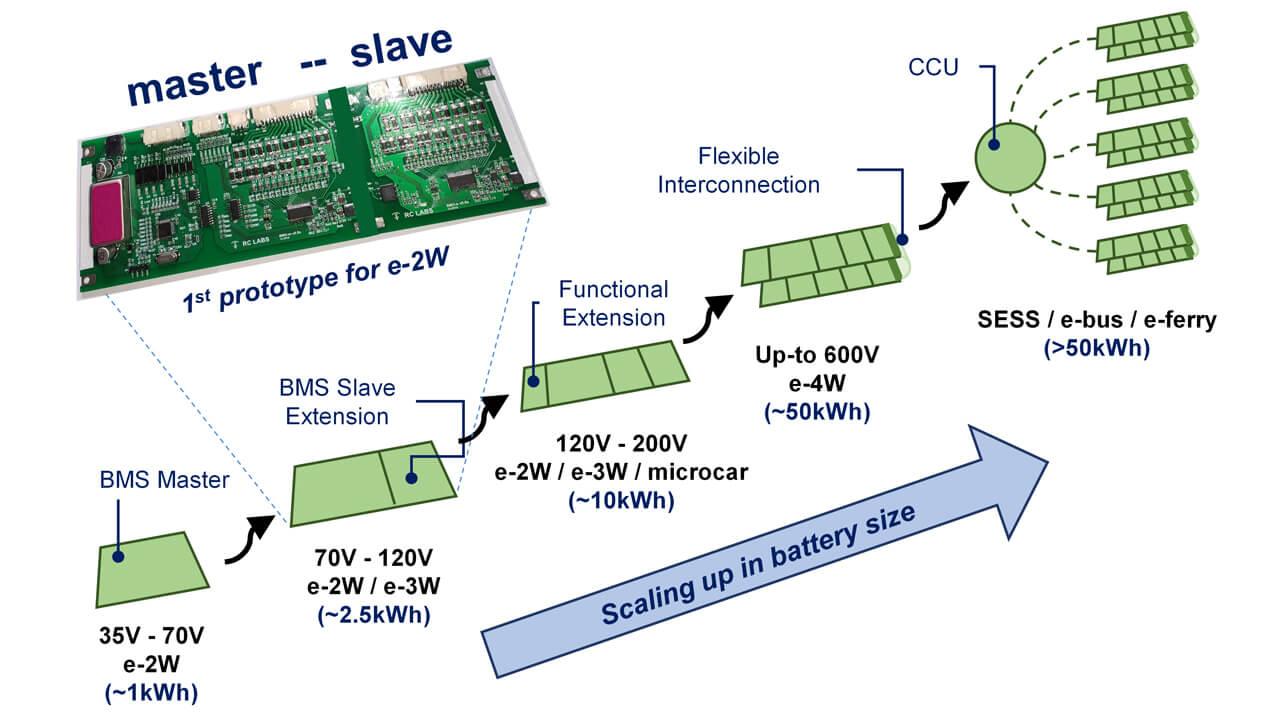 Intelligent battery management system for electric vehicles and stationary energy storage
Intelligent battery management system for electric vehicles and stationary energy storage -
 Self-Compacting Backfill Material
Self-Compacting Backfill Material -
 Fault Tolerant Steer-by-Wire System
Fault Tolerant Steer-by-Wire System -
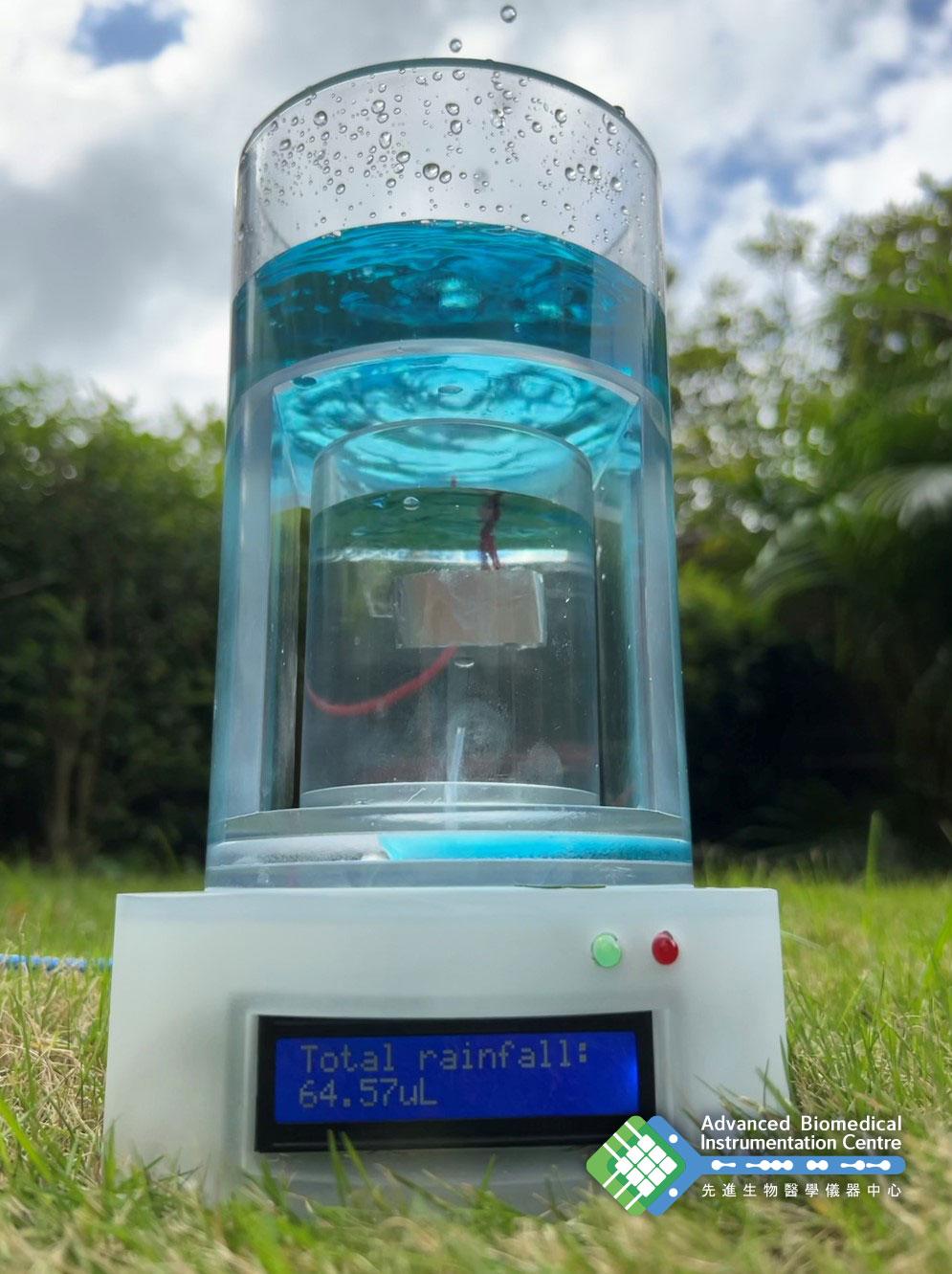 All-Liquid Triboelectric Nanogenerator for Energy Harvesting and Self-Powered Device
All-Liquid Triboelectric Nanogenerator for Energy Harvesting and Self-Powered Device -
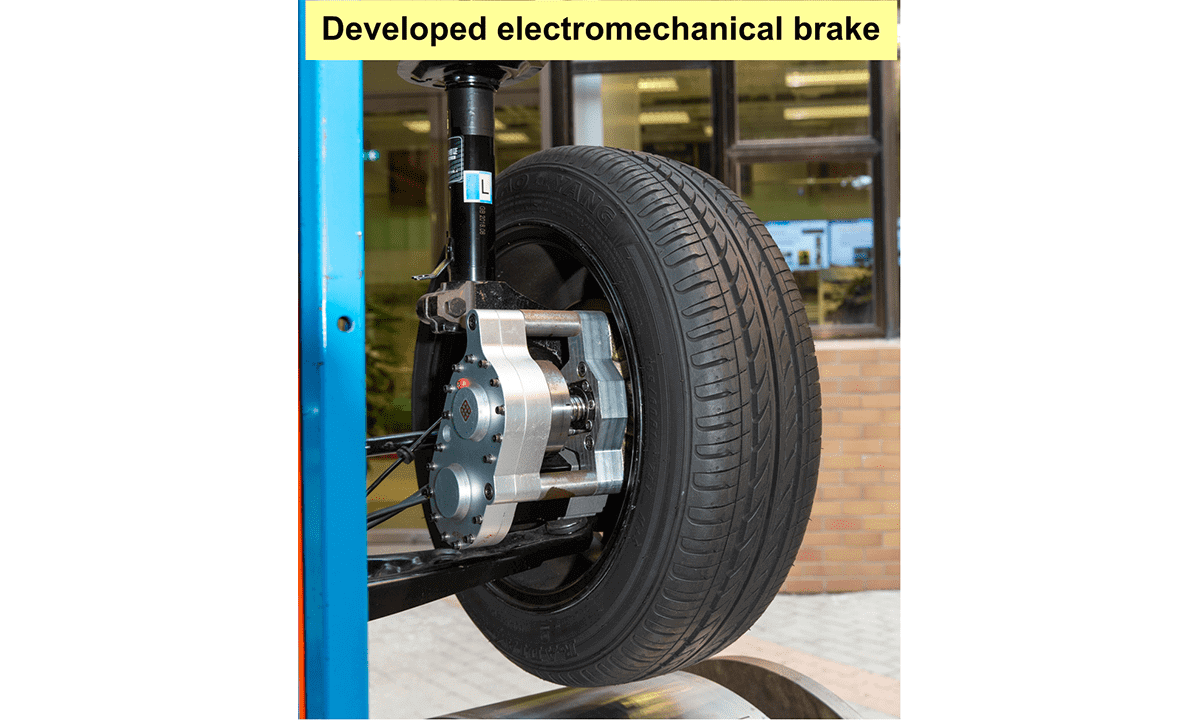 All-electric Intelligent Anti-lock Braking System
All-electric Intelligent Anti-lock Braking System -
 Development of Visible Light Anti-bacteria and Anti-odour Coating Materials for Vehicle Interiors
Development of Visible Light Anti-bacteria and Anti-odour Coating Materials for Vehicle Interiors -
 MY-O-Analyser
MY-O-Analyser -
 Development of Vehicle Platoon Control System Based on V2V Communication
Development of Vehicle Platoon Control System Based on V2V Communication -
 High-performance Two-phase Immersion Coolant for Thermal Management
High-performance Two-phase Immersion Coolant for Thermal Management -
 16-tonne Full-electric Truck with Hook Lift for Solid Waste Collection
16-tonne Full-electric Truck with Hook Lift for Solid Waste Collection -
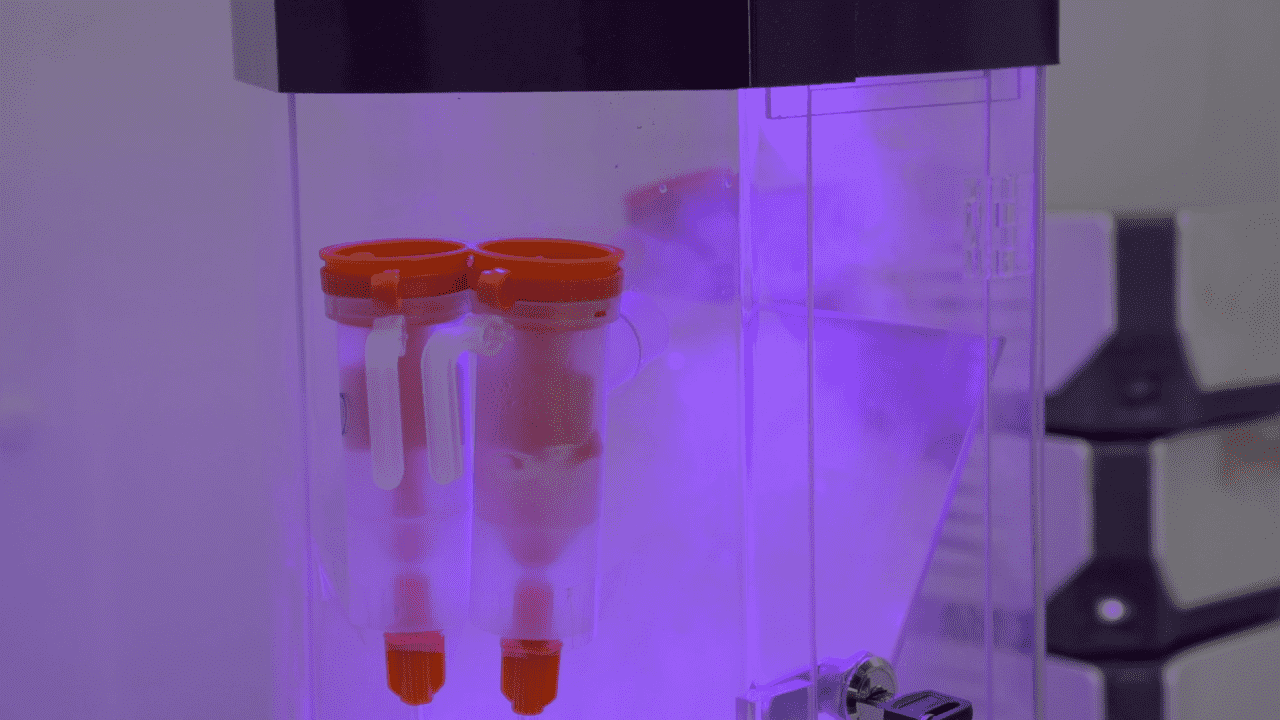 Functional Atomized Nano-Coating Technology
Functional Atomized Nano-Coating Technology -
 Smart Automatic Parking Module for Electric Vehicles
Smart Automatic Parking Module for Electric Vehicles -
 The 2nd Generation MOST-150 In-vehicle Infotainment System
The 2nd Generation MOST-150 In-vehicle Infotainment System -
 Efficient In-wheel Motor Control
Efficient In-wheel Motor Control -
 Gold(III)-based Emitter Materials for OLED Application
Gold(III)-based Emitter Materials for OLED Application -
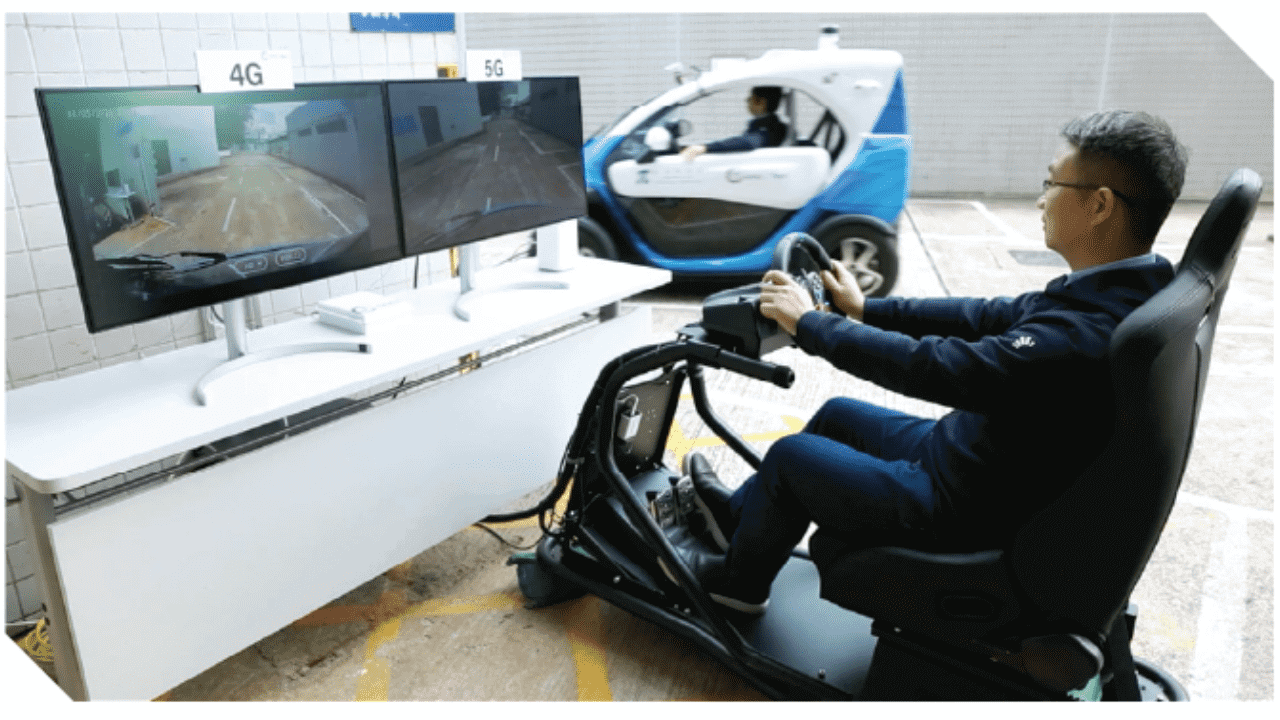 5G Teleoperated-driving
5G Teleoperated-driving -
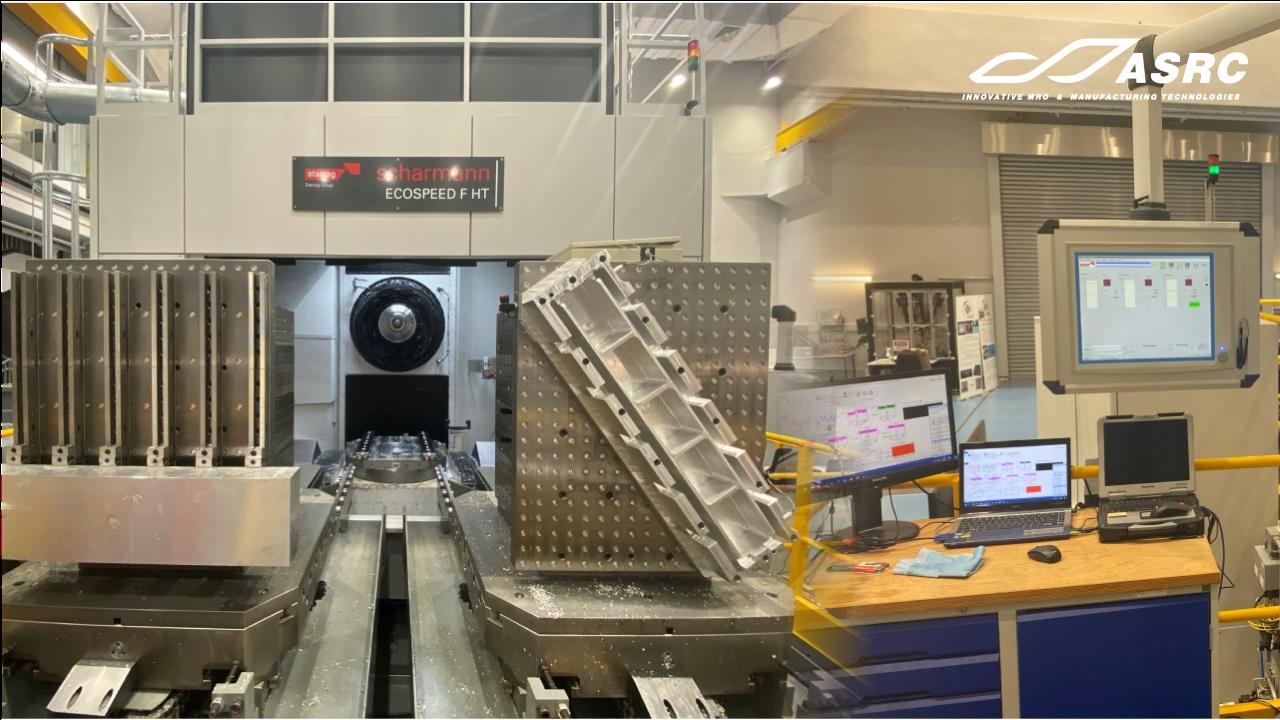 Machining Distortion Minimisation
Machining Distortion Minimisation -
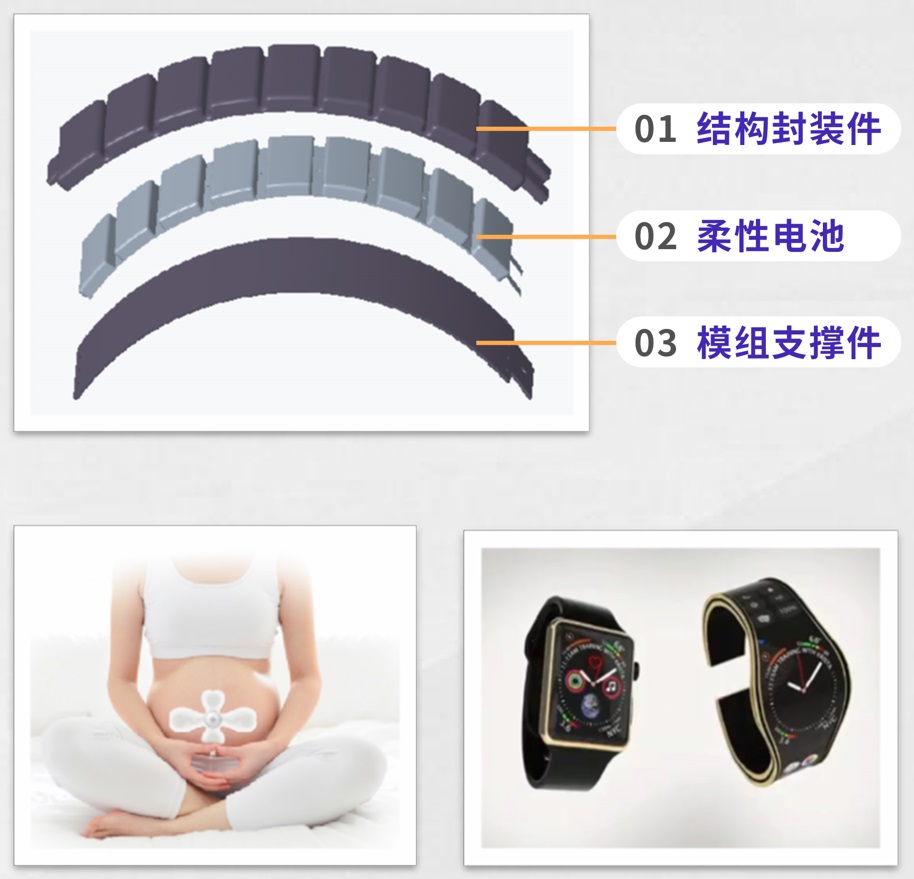 Flexible battery
Flexible battery -
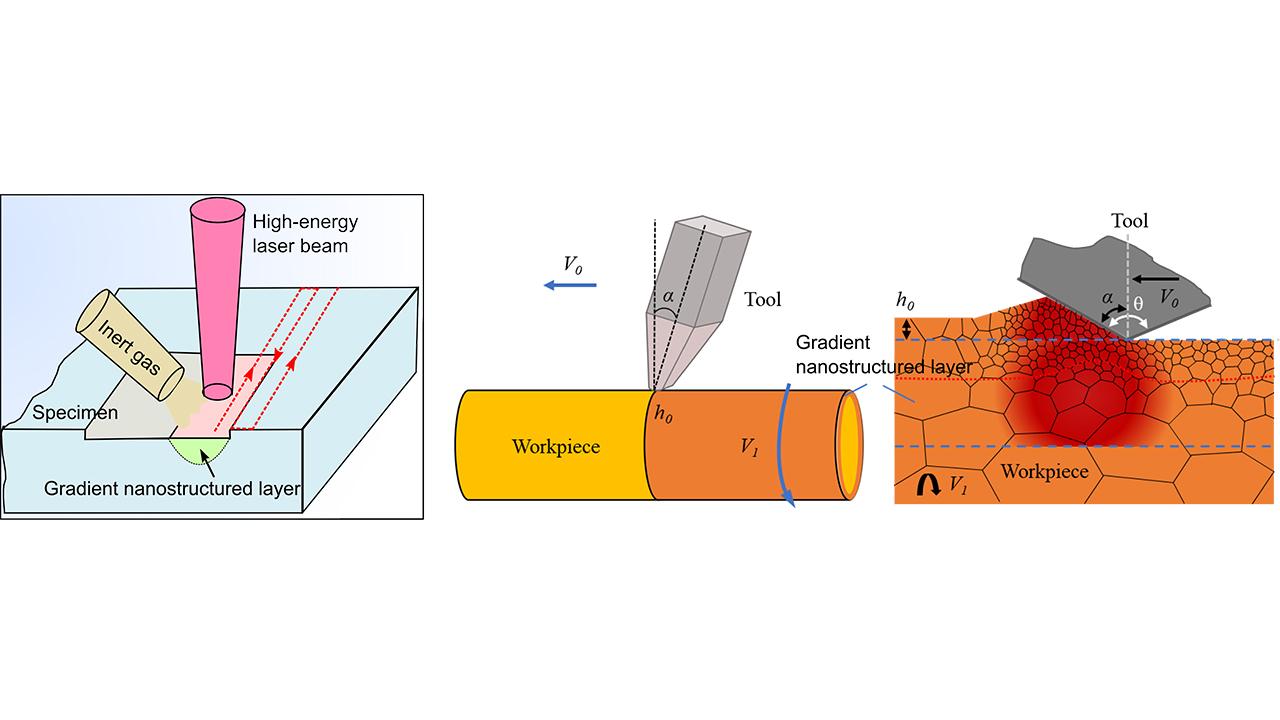 Advanced Surface Treatment Platforms for Superior-performance Gradient Nanostructured Steels
Advanced Surface Treatment Platforms for Superior-performance Gradient Nanostructured Steels -
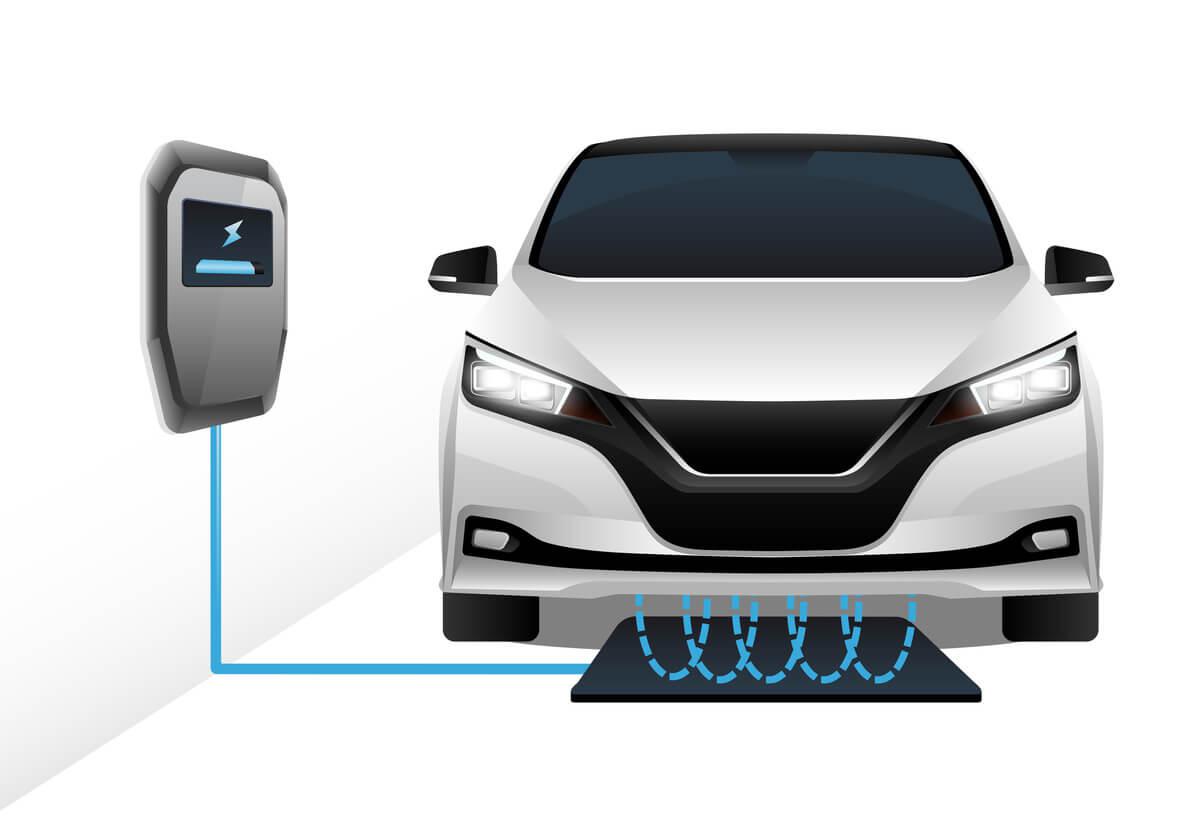 Wireless Battery Charging System with Coordinated Control
Wireless Battery Charging System with Coordinated Control -
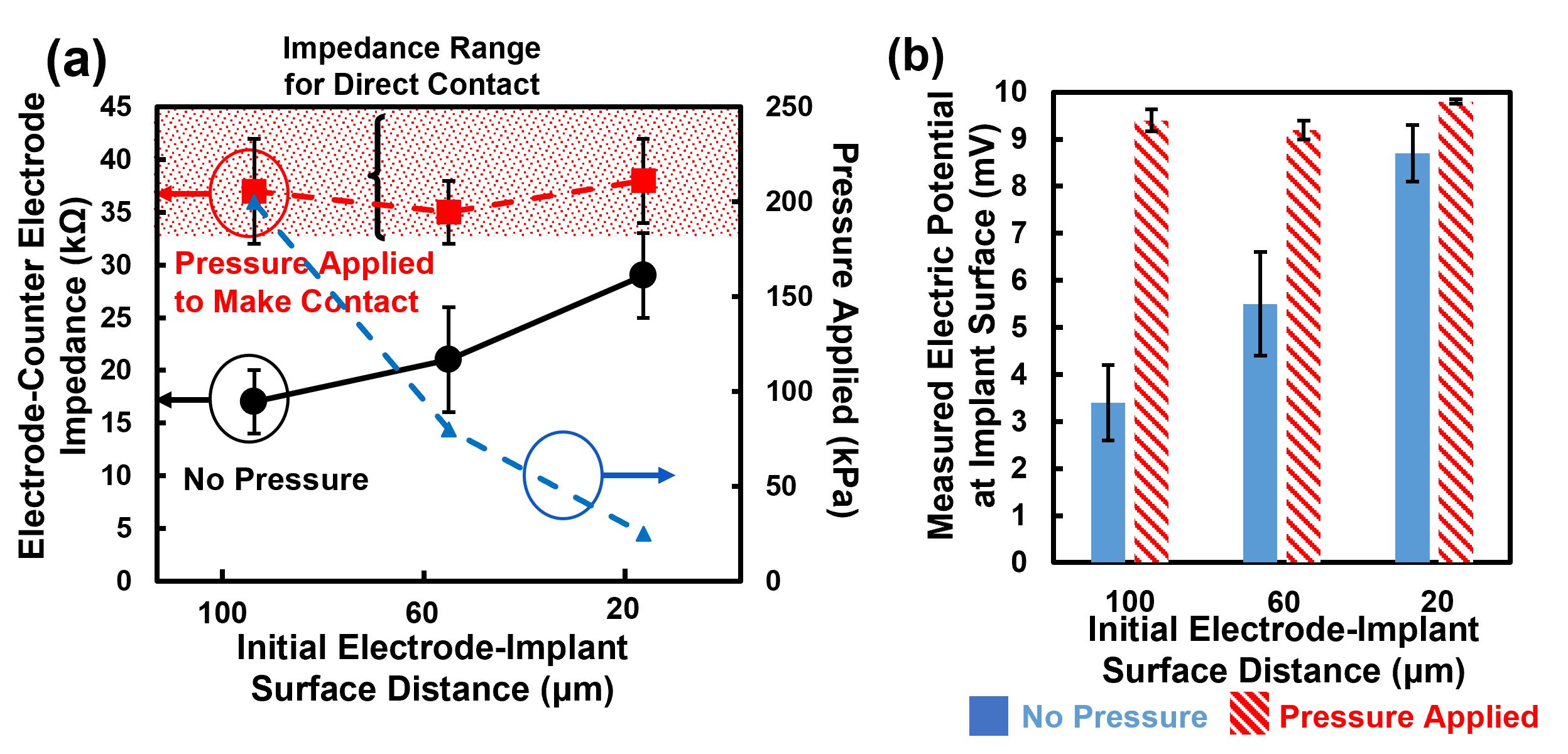 Neural Implant with Dynamic Electrode Position Control
Neural Implant with Dynamic Electrode Position Control -
 Electric Powertrain with Integrated Three-speed Automatic Transmission
Electric Powertrain with Integrated Three-speed Automatic Transmission -
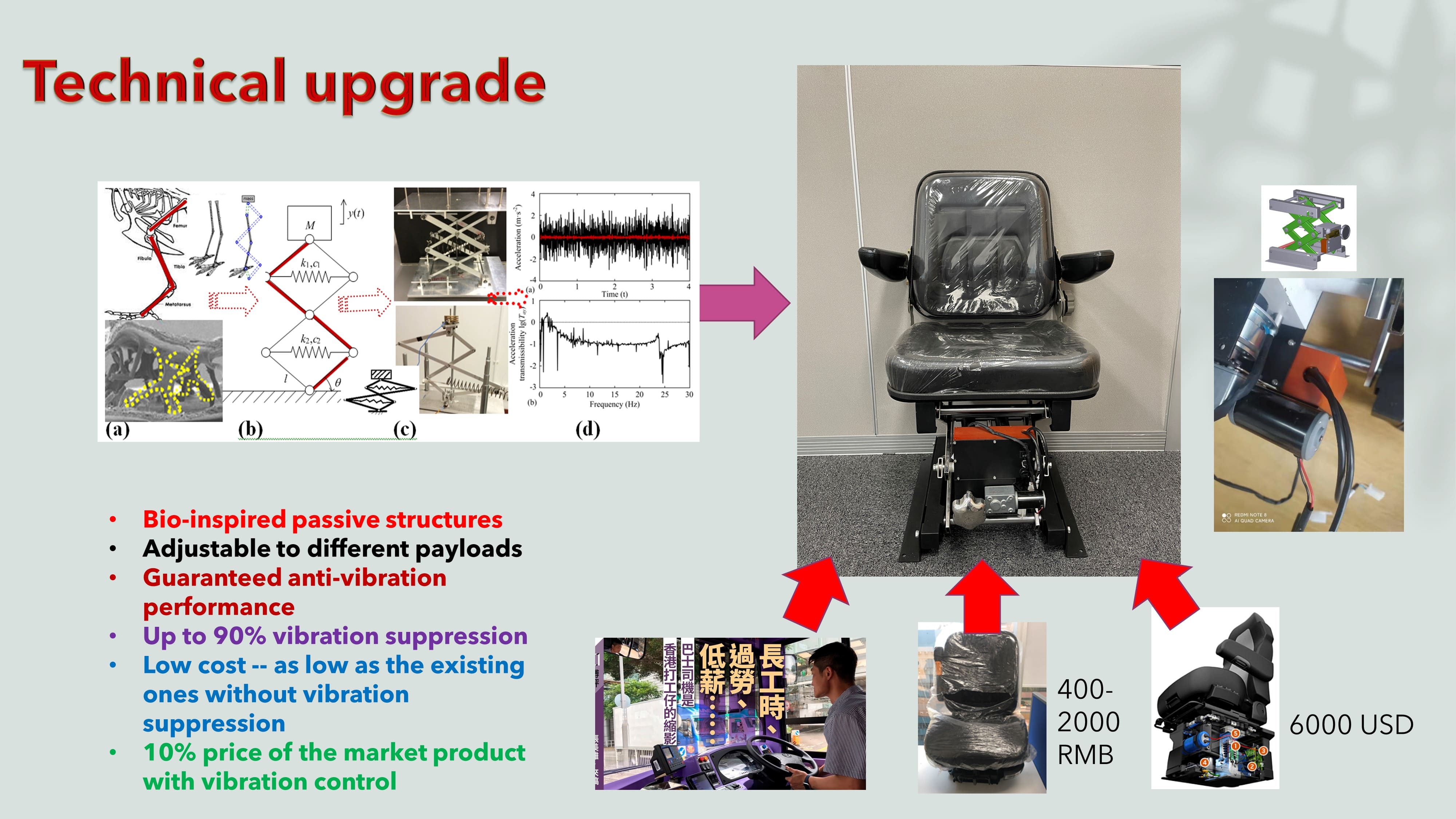 New-Gen Anti-Vibration X-Seating Technology
New-Gen Anti-Vibration X-Seating Technology -
 Auto-Fitting Smart Materials and Electronics Platform Technologies
Auto-Fitting Smart Materials and Electronics Platform Technologies -
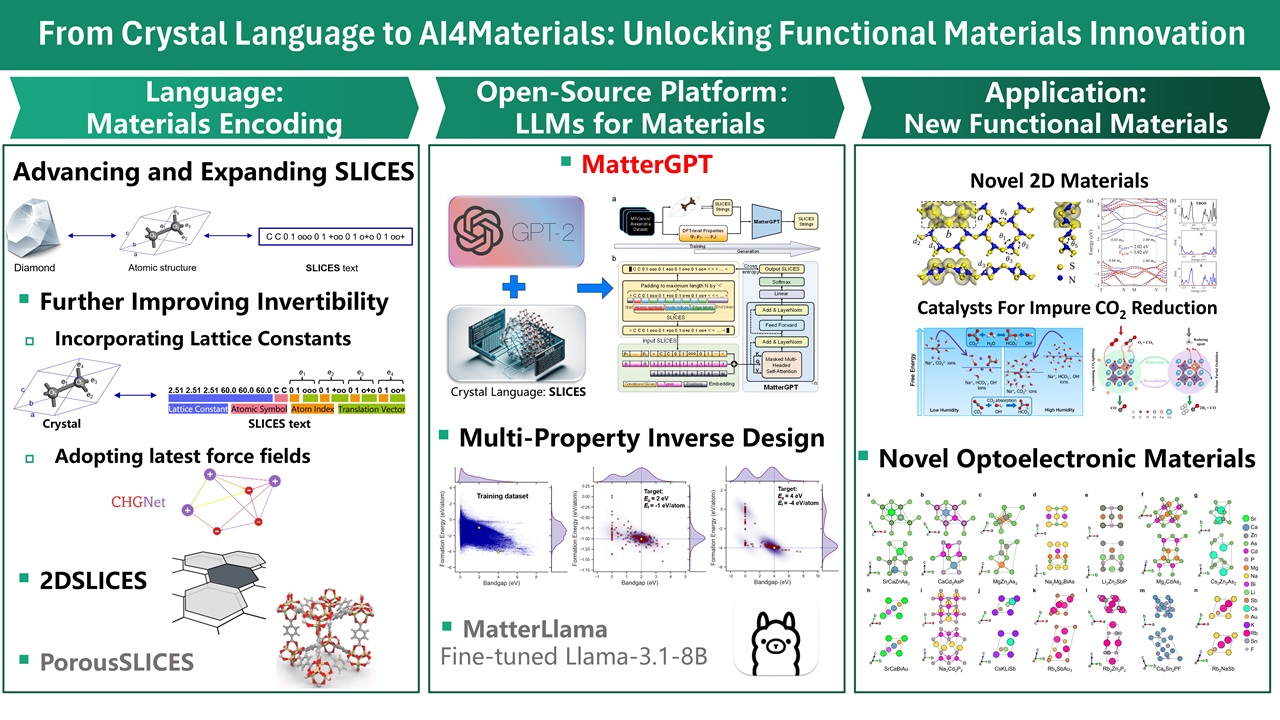 MatterGPT: AI-Powered Platform for Smart Material Design and Innovation
MatterGPT: AI-Powered Platform for Smart Material Design and Innovation -
 Textile Lithium Battery
Textile Lithium Battery -
 MagiCurl – A STEM Kit for Learning Shape Memory Materials
MagiCurl – A STEM Kit for Learning Shape Memory Materials -
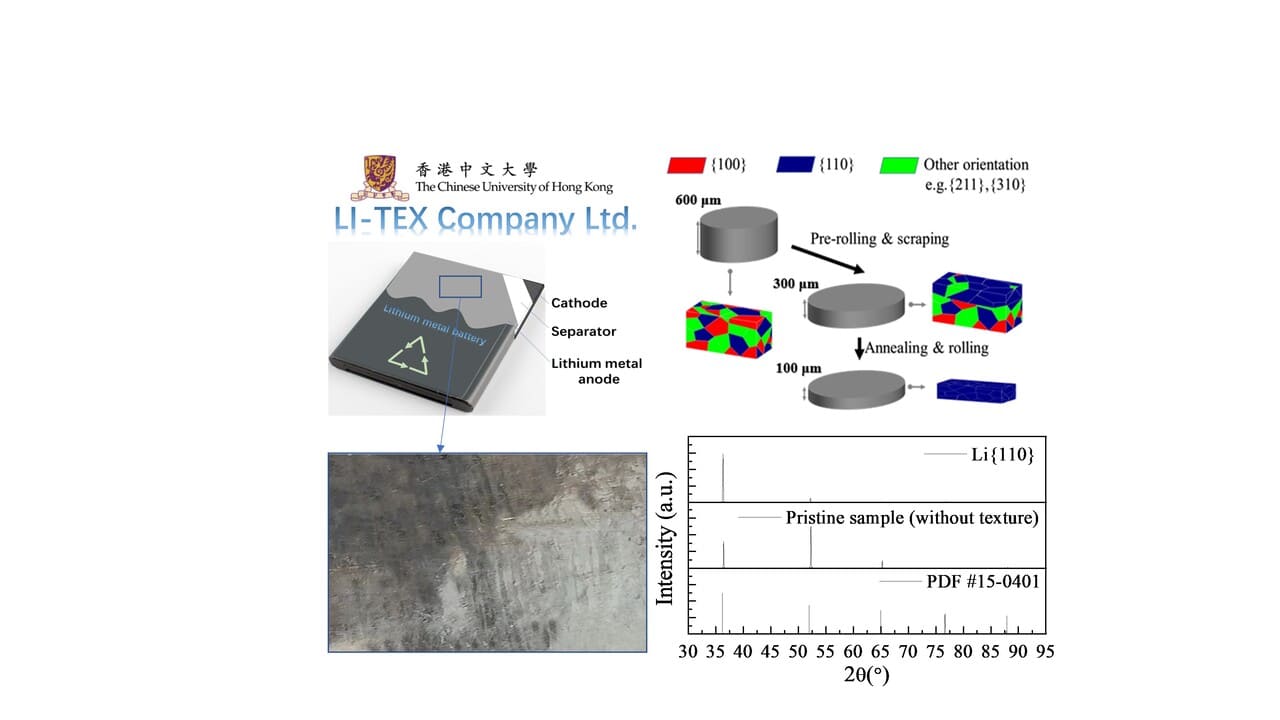 Breaking Barriers in Li-based Energy Storage: {110} Textured Li Metal Foil Anode
Breaking Barriers in Li-based Energy Storage: {110} Textured Li Metal Foil Anode -
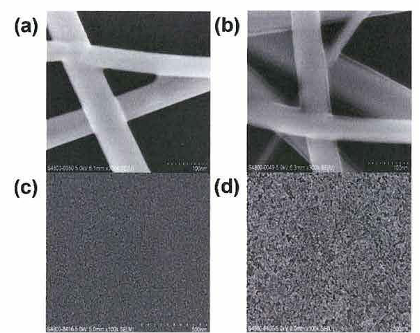 Flexible transparent electrode
Flexible transparent electrode -
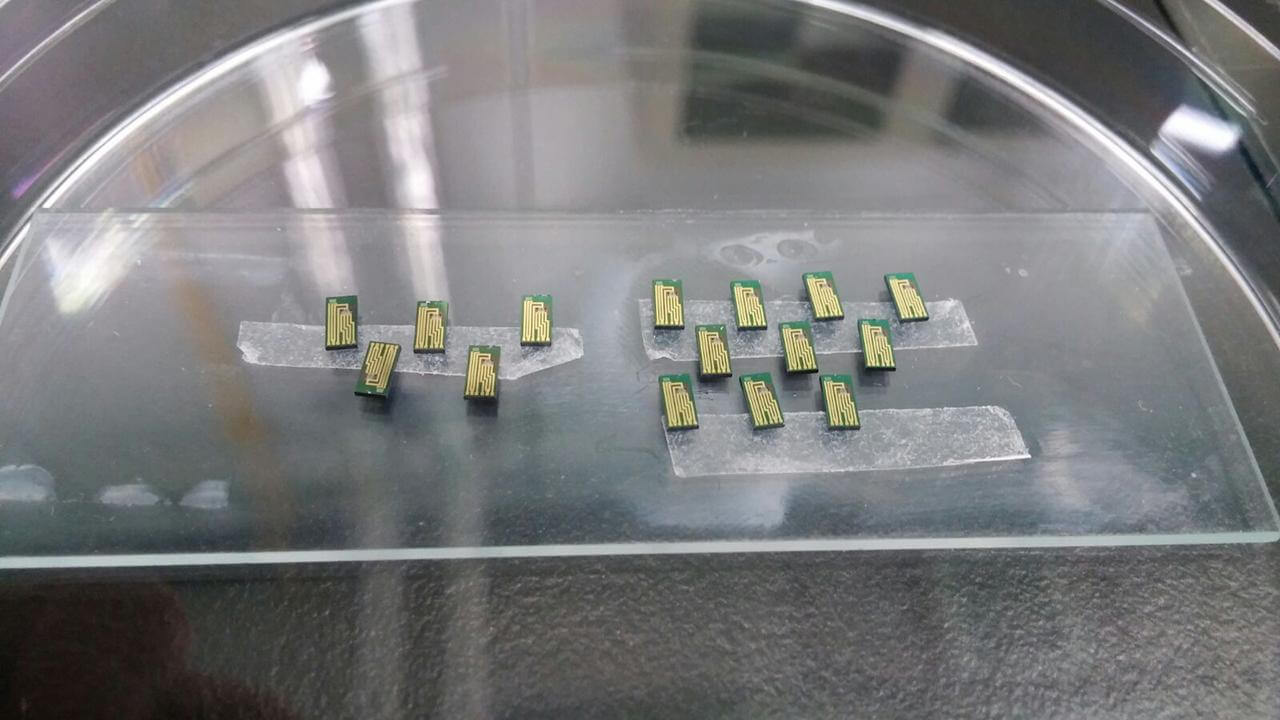 Anti-fouling Coating for Electronics
Anti-fouling Coating for Electronics -
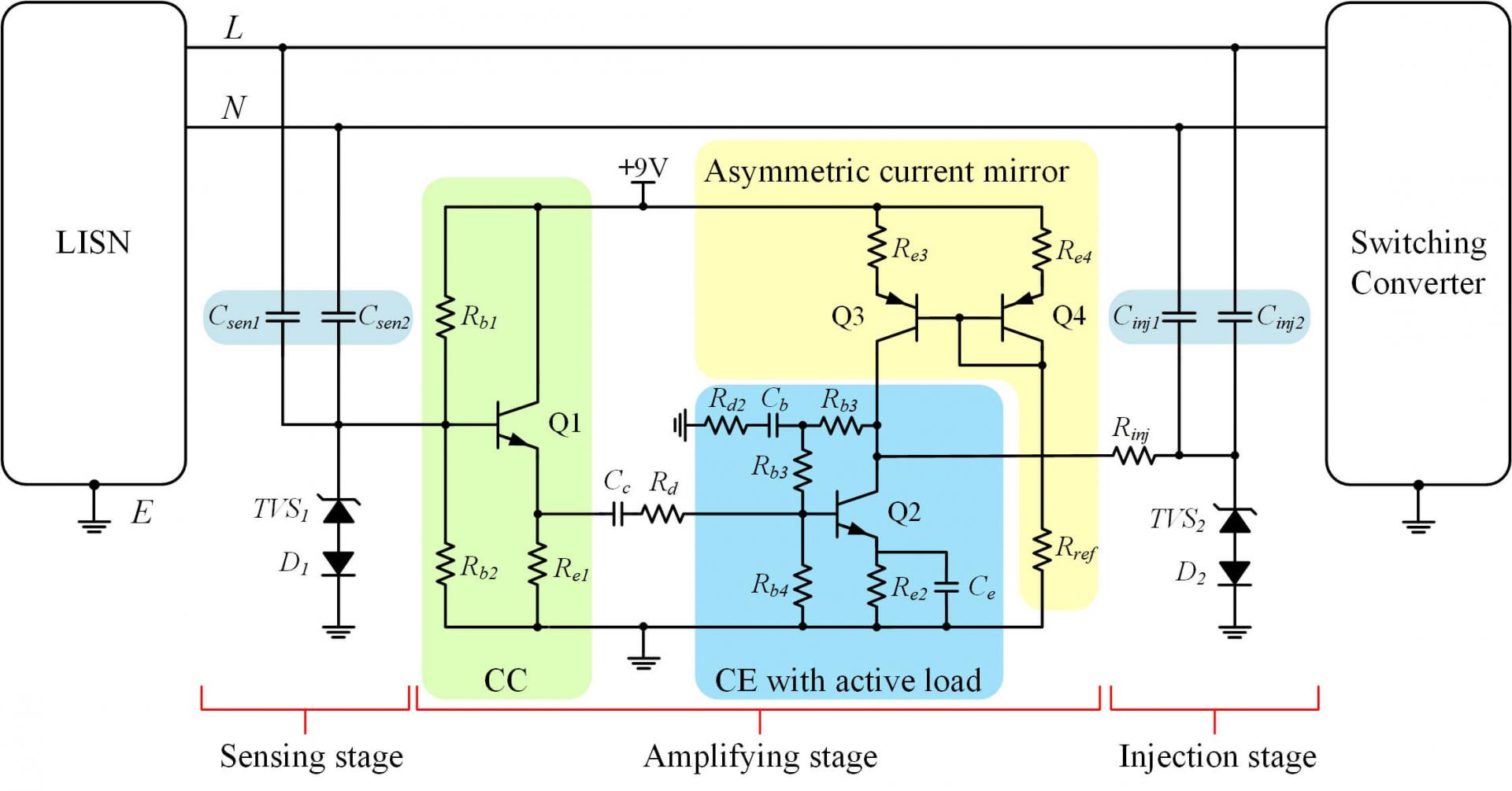 High-Attenuation Wideband Active Common-Mode EMI Filter Section
High-Attenuation Wideband Active Common-Mode EMI Filter Section -
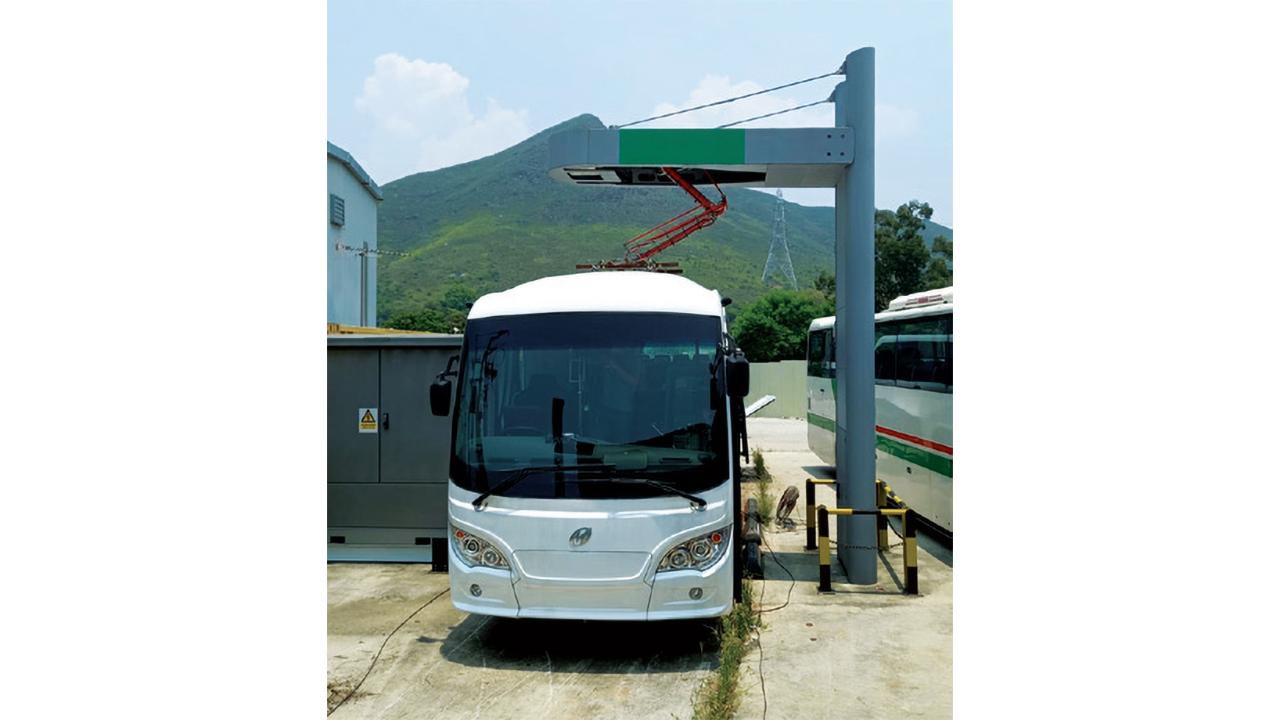 300kW Pantograph High Power Charging Station & Pure Electric Minibus
300kW Pantograph High Power Charging Station & Pure Electric Minibus -
 Drain-On-Demand Lithium Battery for Long-Life IoT Devices
Drain-On-Demand Lithium Battery for Long-Life IoT Devices -
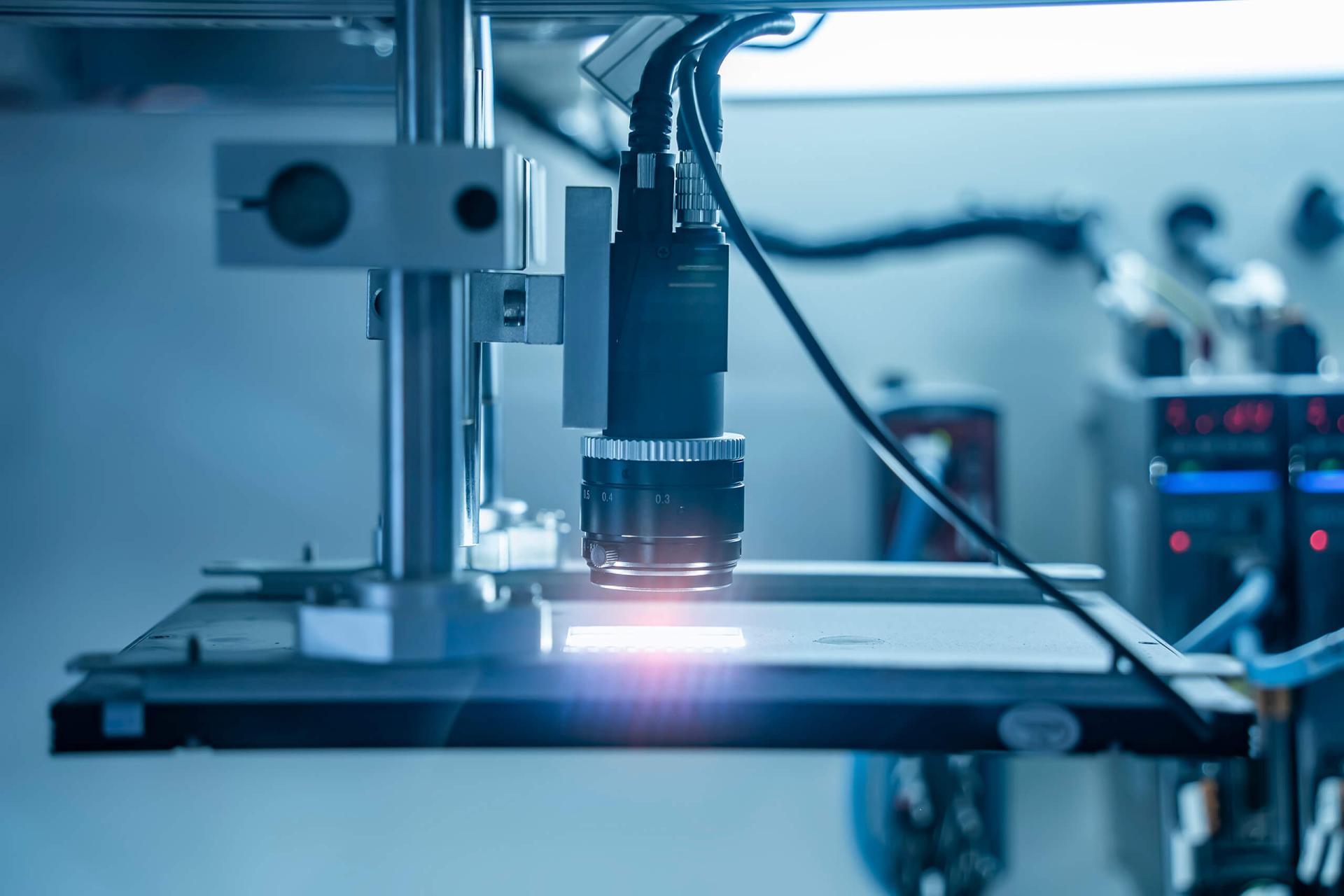 Metal-Heterostructure-Metal (MHM) Ultraviolet Photodetectors
Metal-Heterostructure-Metal (MHM) Ultraviolet Photodetectors -
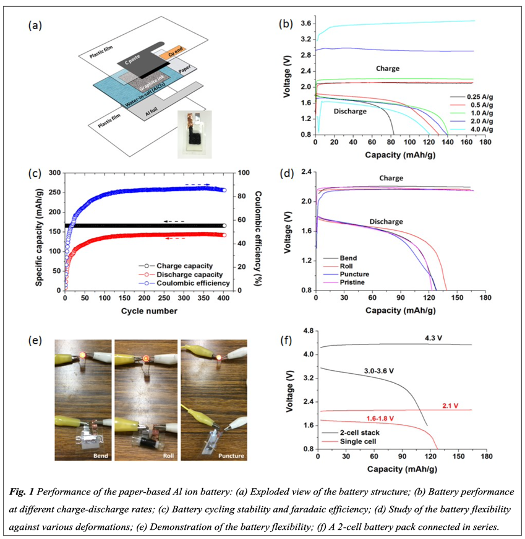 Flexible and Printable Paper-Based Al Ion Batteries
Flexible and Printable Paper-Based Al Ion Batteries -
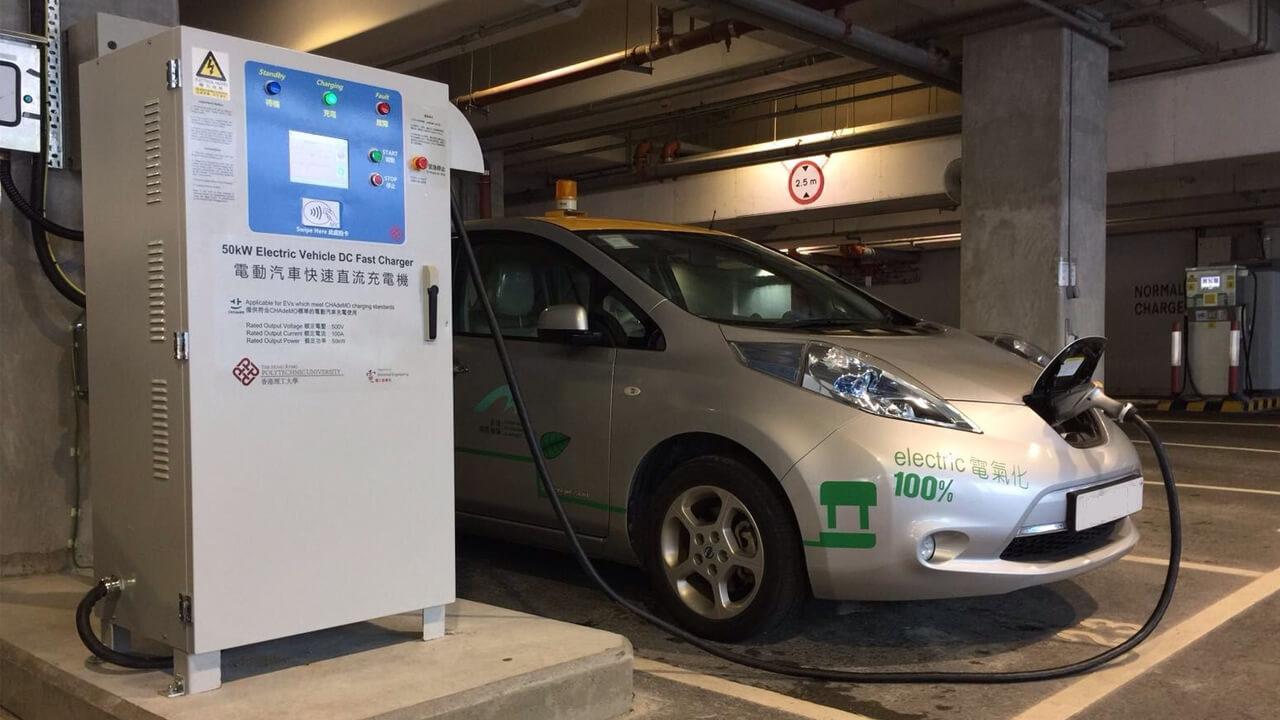 Artificial Intelligence (AI) Load Management Controlled Electric Vehicle Charging System
Artificial Intelligence (AI) Load Management Controlled Electric Vehicle Charging System -
 Micro-LED Full Colour Micro-display Technology
Micro-LED Full Colour Micro-display Technology -
 Laser-assisted Progressive Forming (LAPF)
Laser-assisted Progressive Forming (LAPF) -
 Long-Life Battery Powers Trolley Trackers
Long-Life Battery Powers Trolley Trackers -
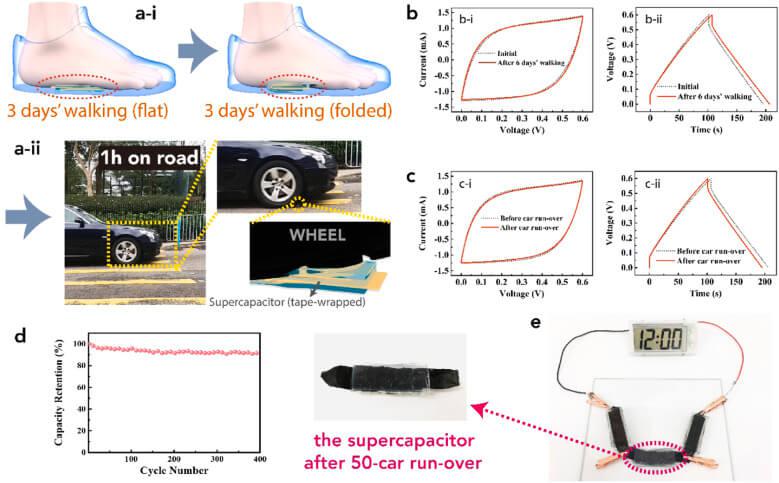 Super Robust and Flexible Wearable Energy Storage Devices
Super Robust and Flexible Wearable Energy Storage Devices -
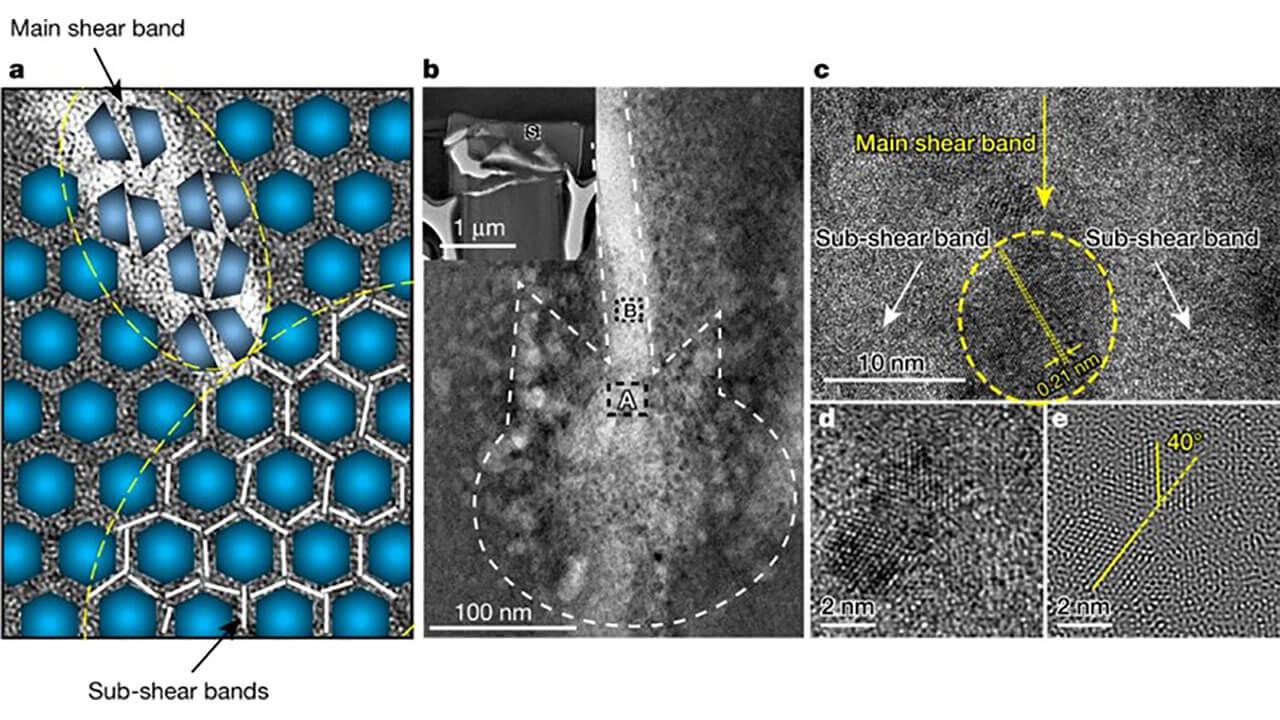 A Nano-dual-phase Glass-crystal with Theoretical Strength and its Fabrication Method
A Nano-dual-phase Glass-crystal with Theoretical Strength and its Fabrication Method -
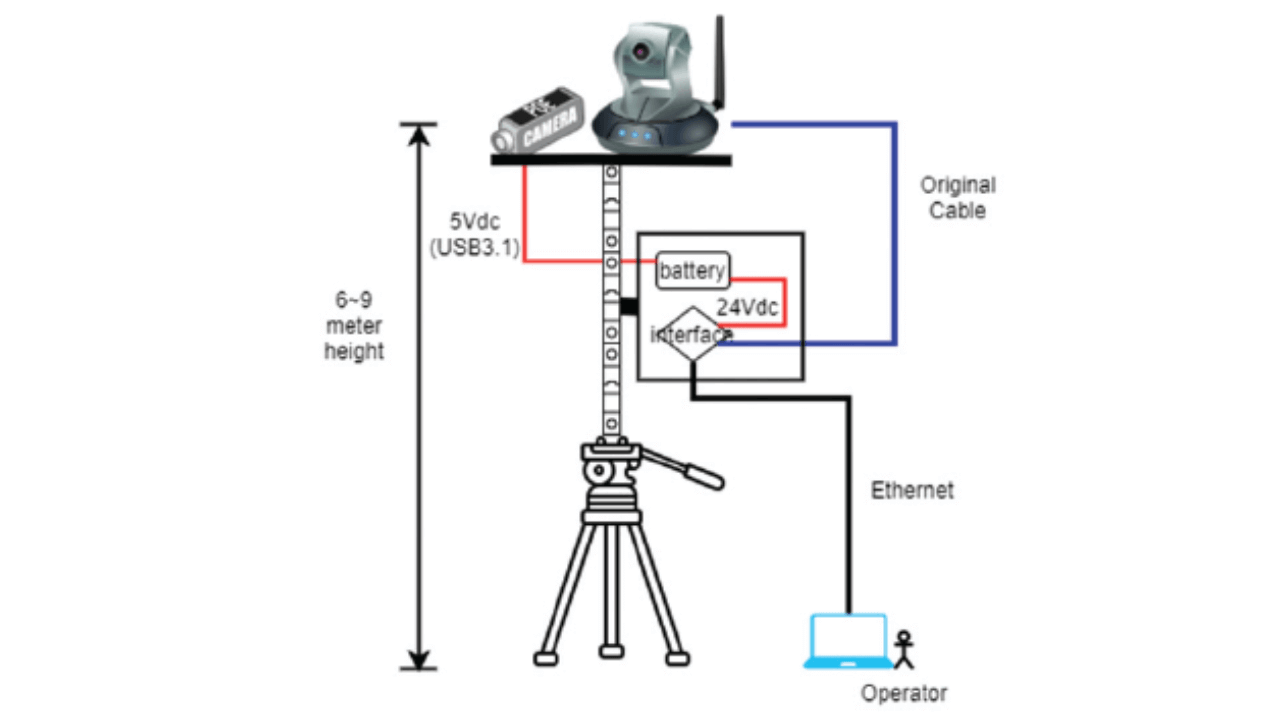 Roadside LIDAR and V2X Communication
Roadside LIDAR and V2X Communication -
 High Strength Lightweight Concrete
High Strength Lightweight Concrete -
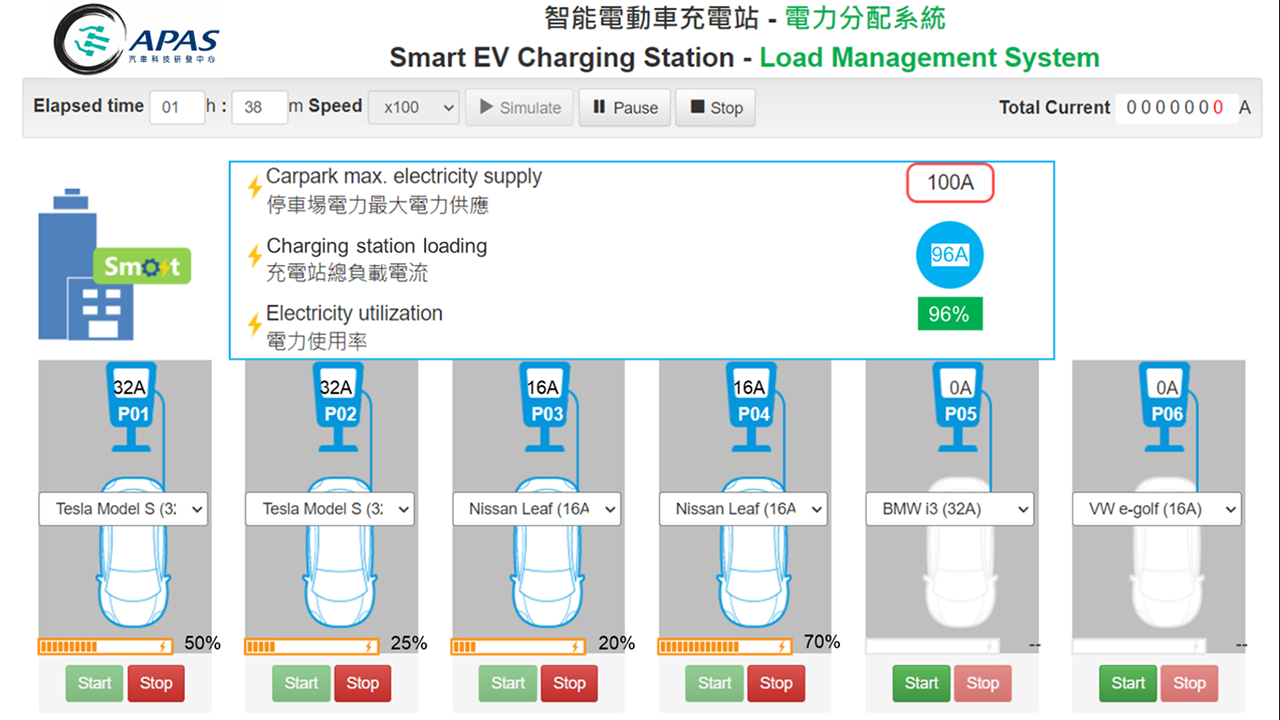 Smart EV Charging Station
Smart EV Charging Station -
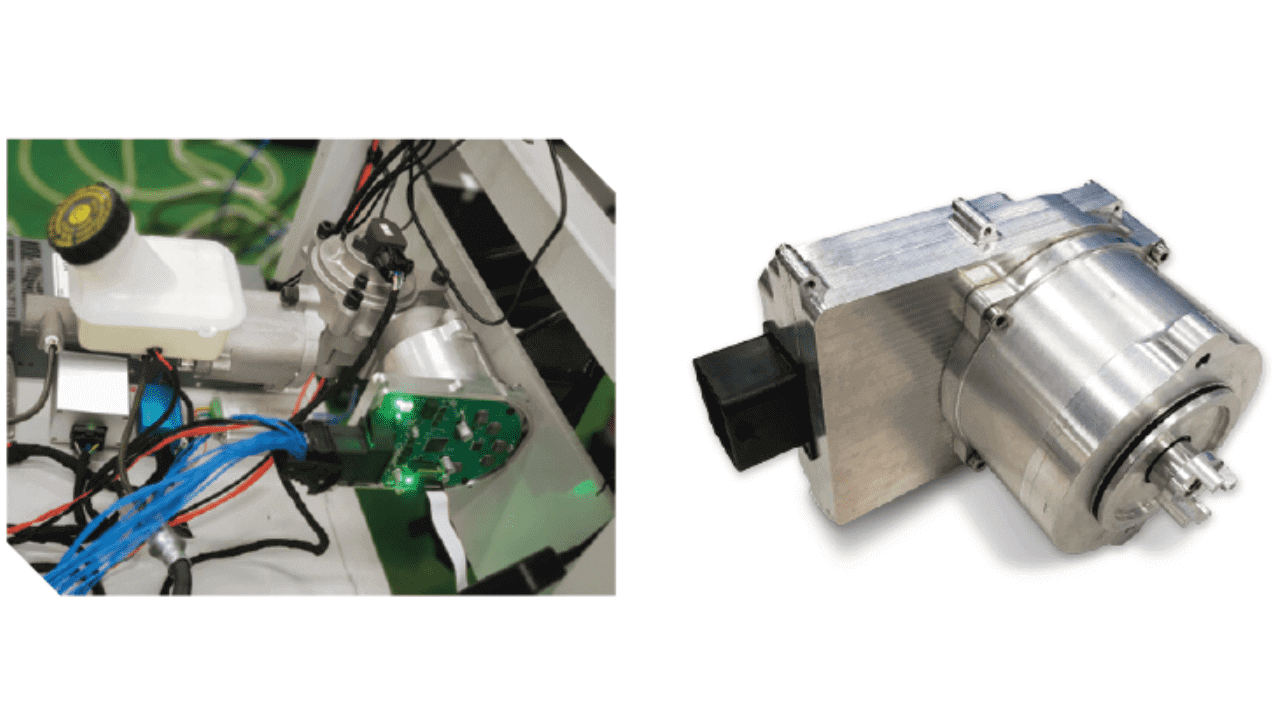 Smart Electric Brake Booster
Smart Electric Brake Booster -
 High Power Density and High Efficiency Motor Controller
High Power Density and High Efficiency Motor Controller -
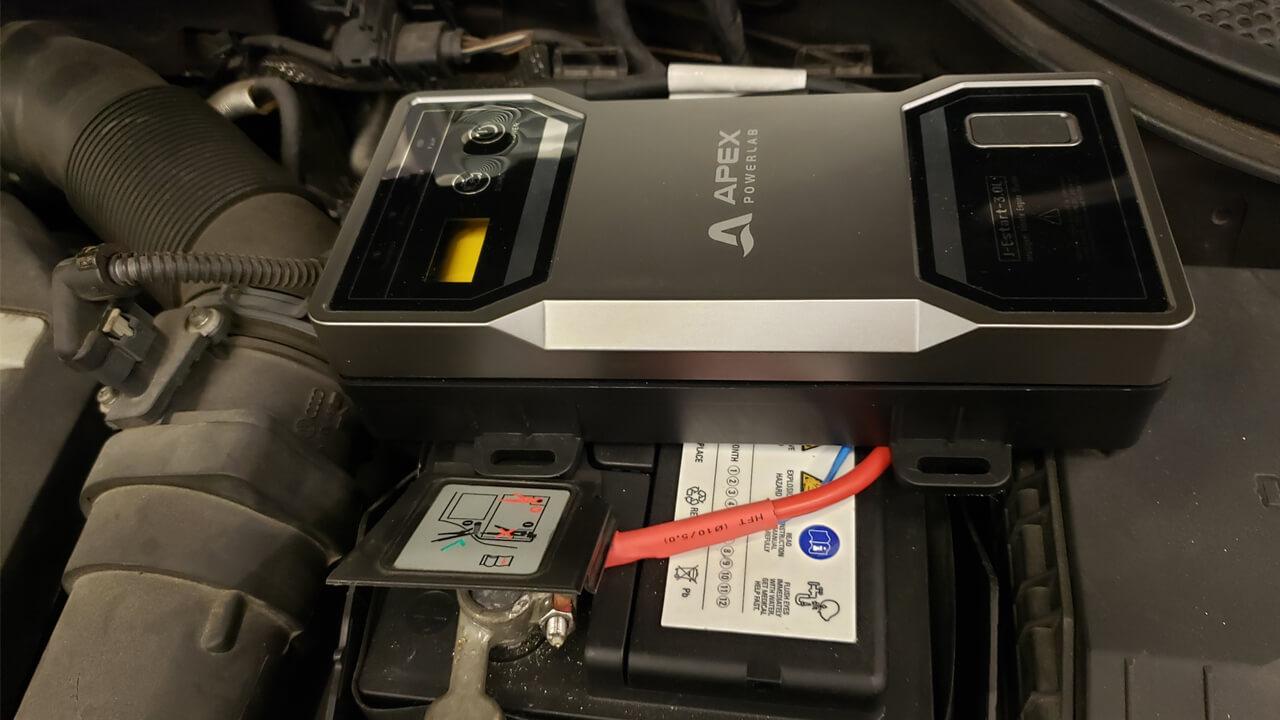 Intelligent Vehicle Engine Starter
Intelligent Vehicle Engine Starter -
 High speed moving sensing for transportation infrastructure inspection
High speed moving sensing for transportation infrastructure inspection -
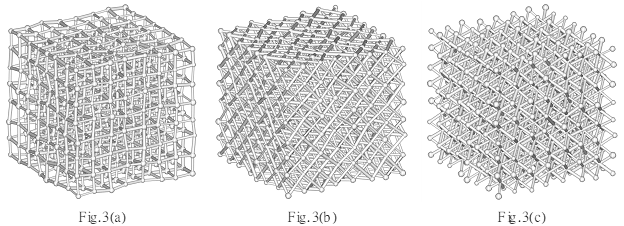 High-entropy Lattice achieved by 3D printing
High-entropy Lattice achieved by 3D printing -
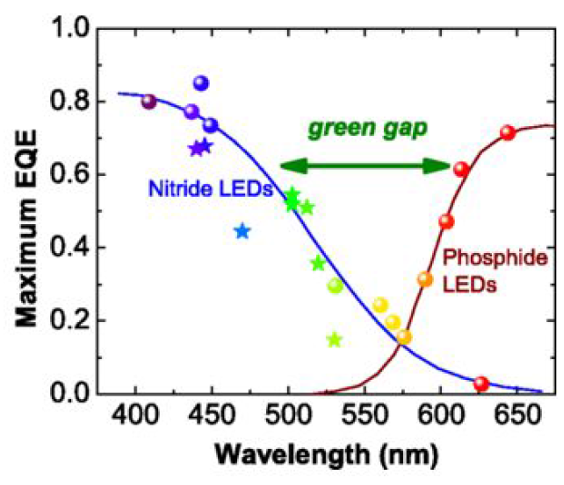 Red-Shifting LED for Monolithium Full-Colour Display and Phosphor Free White LED
Red-Shifting LED for Monolithium Full-Colour Display and Phosphor Free White LED -
 Super Hard nCoating for Multiple Substrates
Super Hard nCoating for Multiple Substrates -
 Autonomous Vehicle
Autonomous Vehicle -
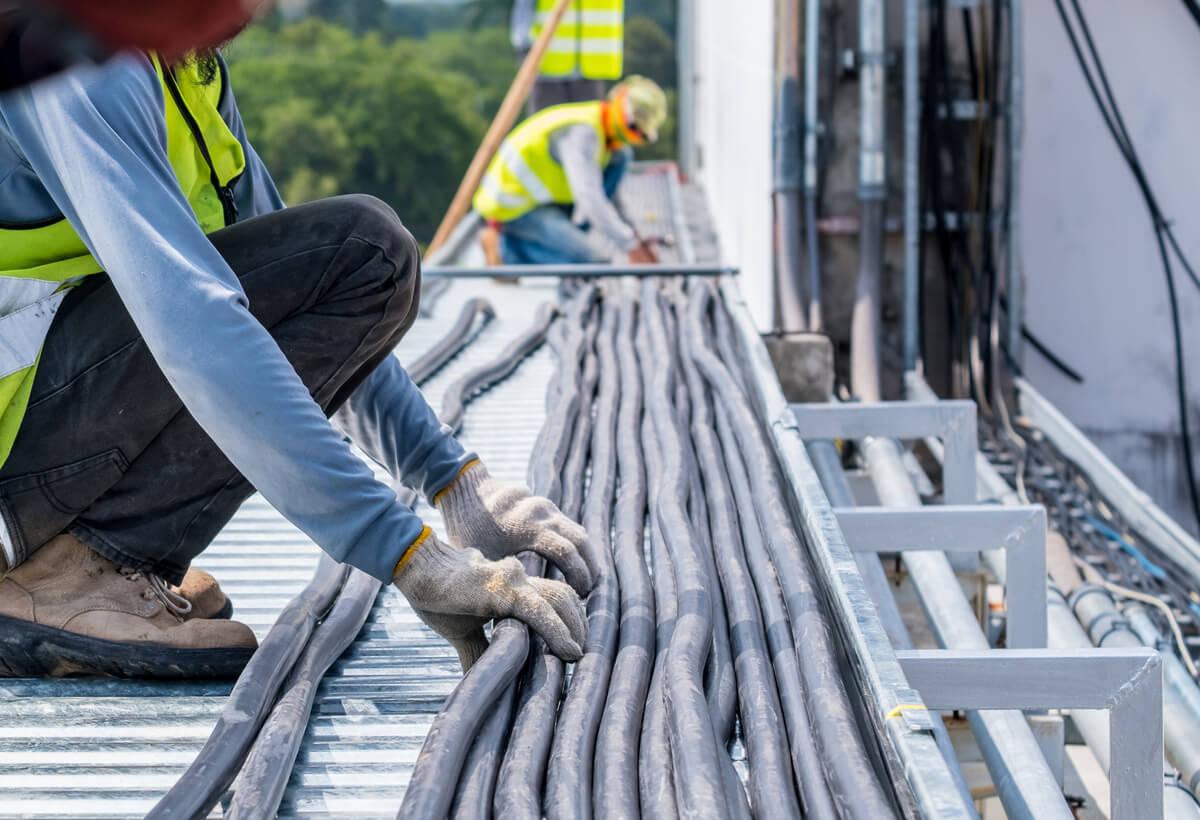 Non-invasive Cable Energization Status Identification and Operation State Monitoring System
Non-invasive Cable Energization Status Identification and Operation State Monitoring System -
 Anti-reflective, scratch-resistant coating for glasses and plastics
Anti-reflective, scratch-resistant coating for glasses and plastics -
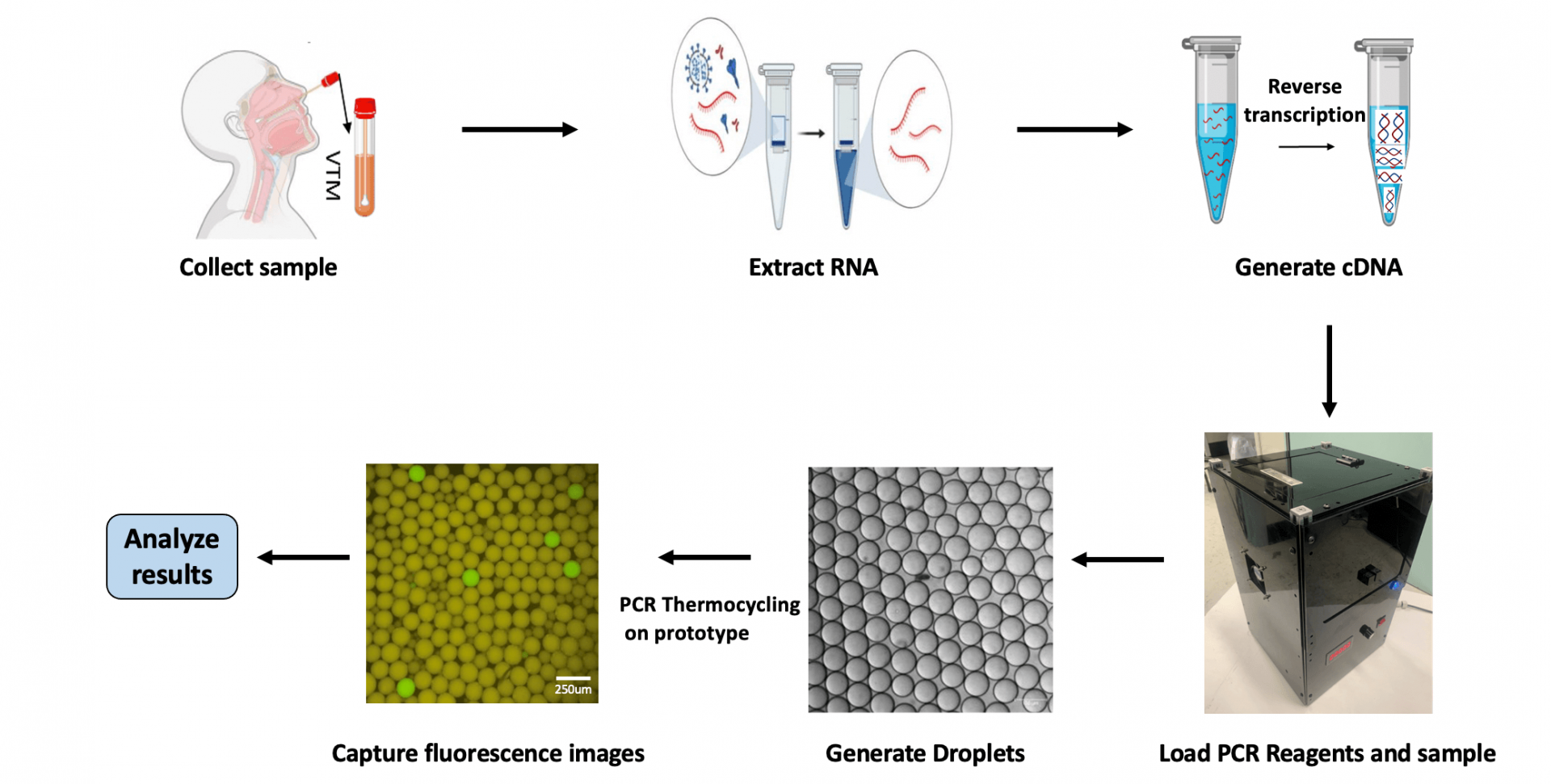 Integrated Digital-PCR-on-a-disc Device
Integrated Digital-PCR-on-a-disc Device -
 Smart Glasses
Smart Glasses -
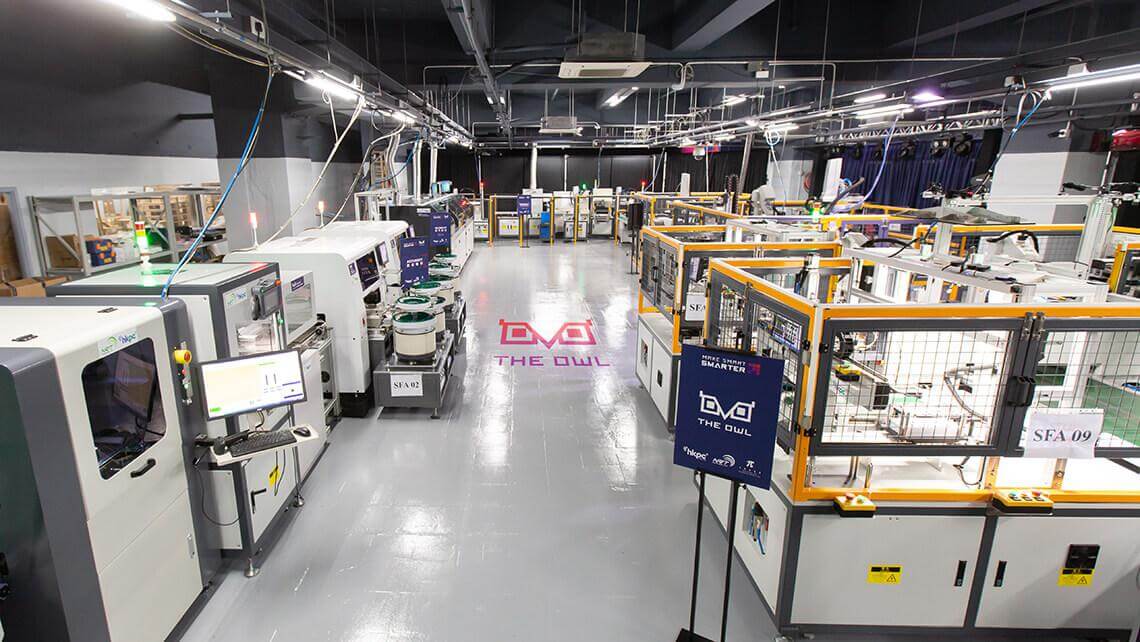 “OWL” Intelligent Production Line
“OWL” Intelligent Production Line -
 Smart Street Lighting System
Smart Street Lighting System -
 Flexible IoT Temperature Patch for Healthcare Application
Flexible IoT Temperature Patch for Healthcare Application -
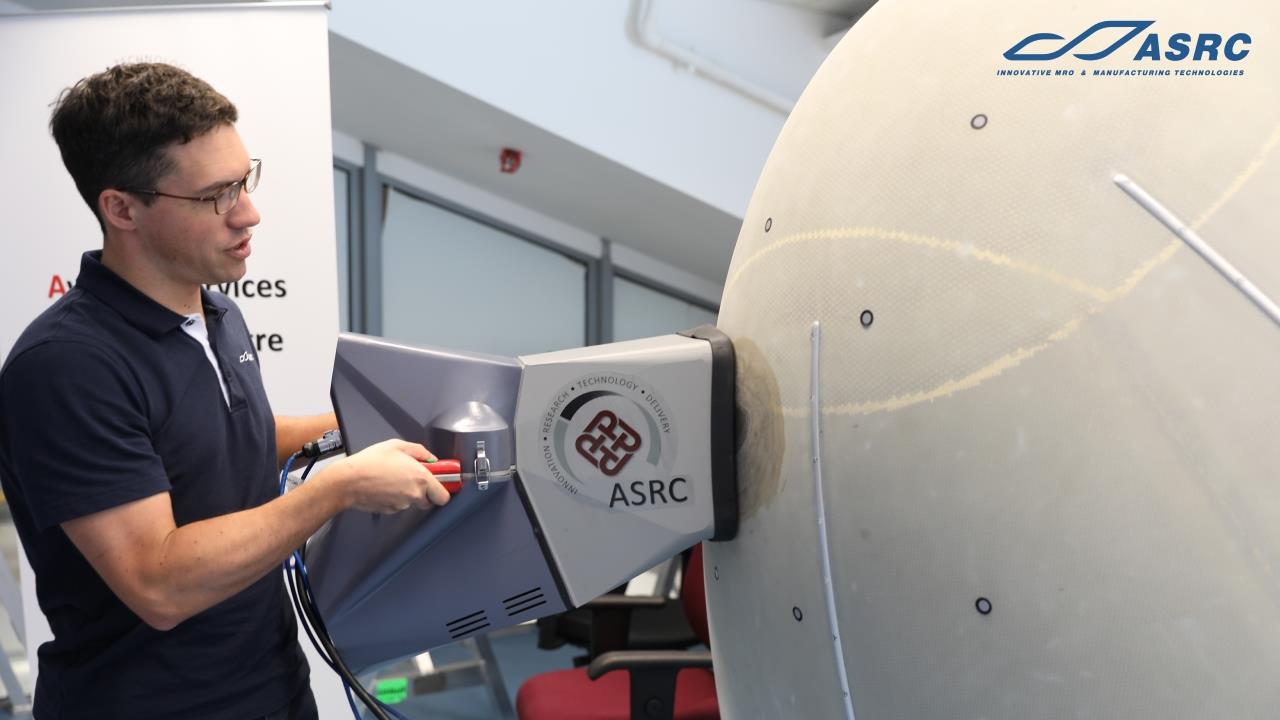 Aircraft Damage Inspection and Assessment
Aircraft Damage Inspection and Assessment -
 Intelligent Single-deck eBus
Intelligent Single-deck eBus -
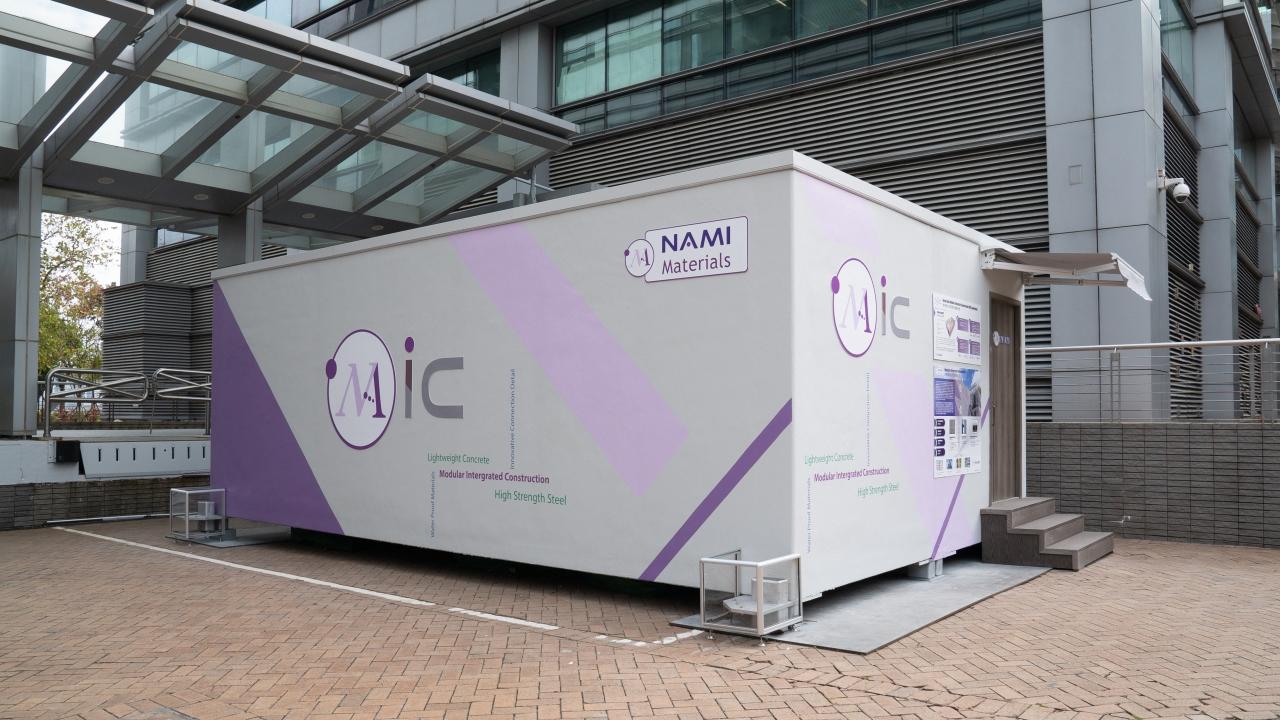 Modular Integrated Construction (MiC) Innovations
Modular Integrated Construction (MiC) Innovations -
 Autonomous Driving High-precision map of vehicle-Infrastructure collaboration
Autonomous Driving High-precision map of vehicle-Infrastructure collaboration -
 High-efficient Hydrogen Fuel Cell Hybrid System for Electric Forklifts
High-efficient Hydrogen Fuel Cell Hybrid System for Electric Forklifts -
 Wearable Full-Auricle Diagnostic and Therapeutic Device
Wearable Full-Auricle Diagnostic and Therapeutic Device -
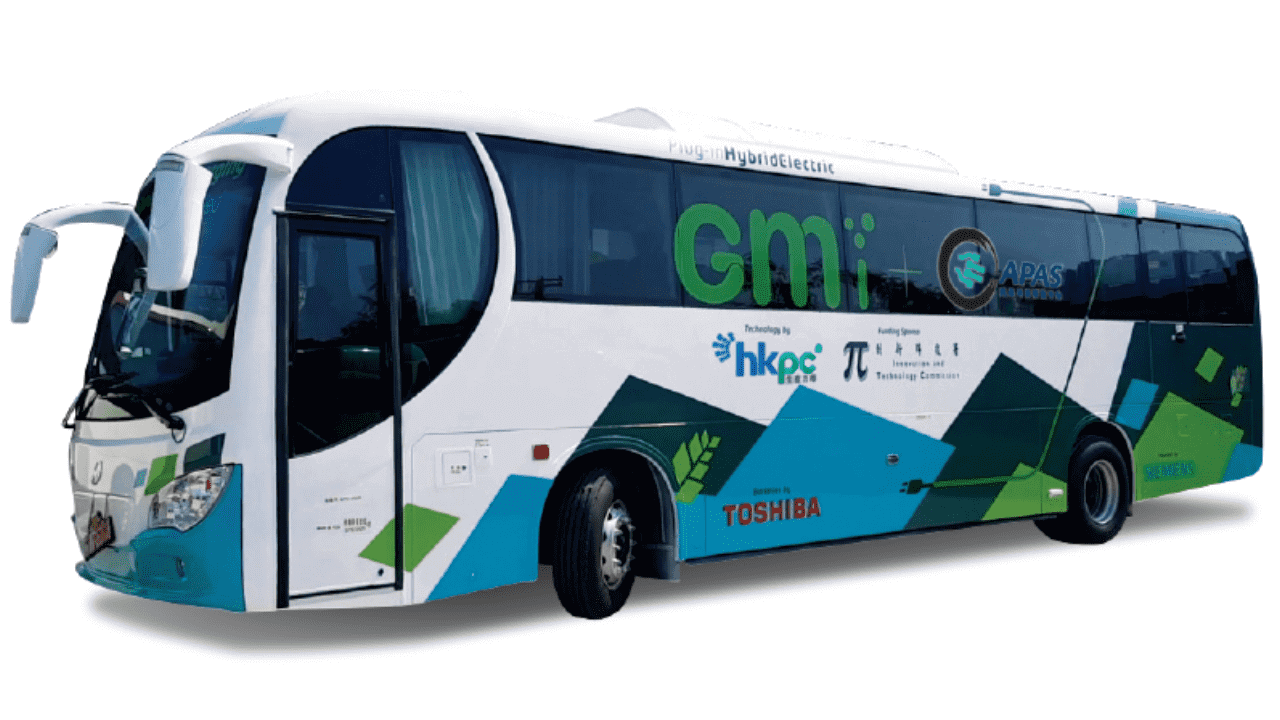 Range Extender Hybrid eCoach
Range Extender Hybrid eCoach -
 Long Lasting Battery for High Power IoT Devices
Long Lasting Battery for High Power IoT Devices -
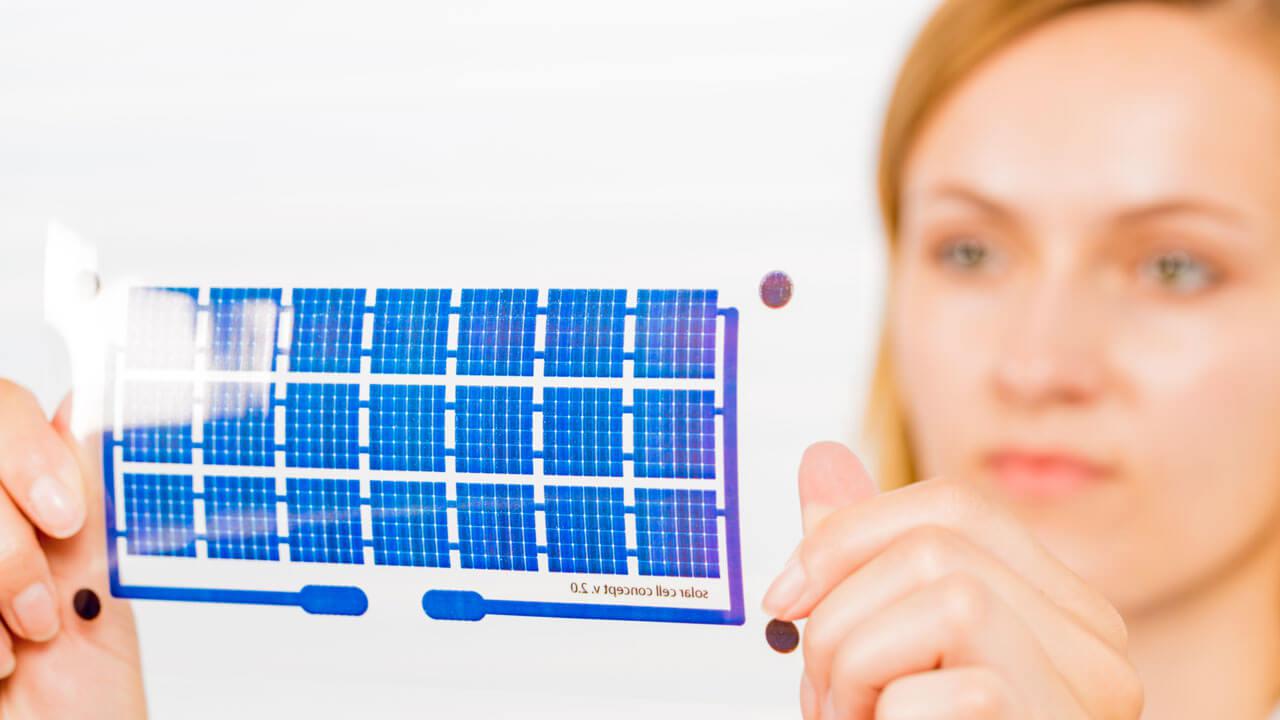 Large Area, Highly-Flexible Metamaterials for Potential Application in Organic Electronics
Large Area, Highly-Flexible Metamaterials for Potential Application in Organic Electronics -
 Thermal Radiation Microsensor
Thermal Radiation Microsensor -
 Solvent-Free Dry Cathode
Solvent-Free Dry Cathode -
 Hydrogen Fuel Cell EV Charger
Hydrogen Fuel Cell EV Charger -
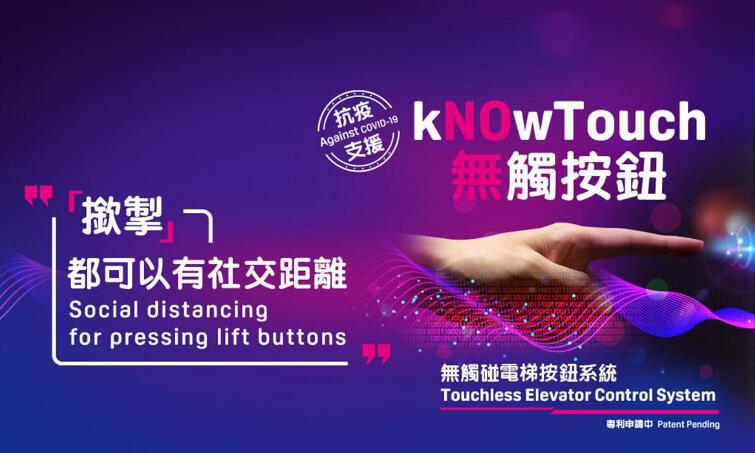 kNOw Touch - Contactless Elevator Control Panel
kNOw Touch - Contactless Elevator Control Panel -
 Wrinkle-resistant and High-contrast Flexible Screen Material for Spontaneous Pop-Up Display
Wrinkle-resistant and High-contrast Flexible Screen Material for Spontaneous Pop-Up Display -
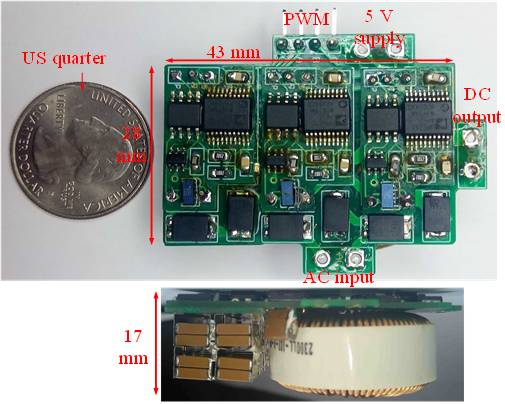 Compact and Efficient Micro-Inverter
Compact and Efficient Micro-Inverter


